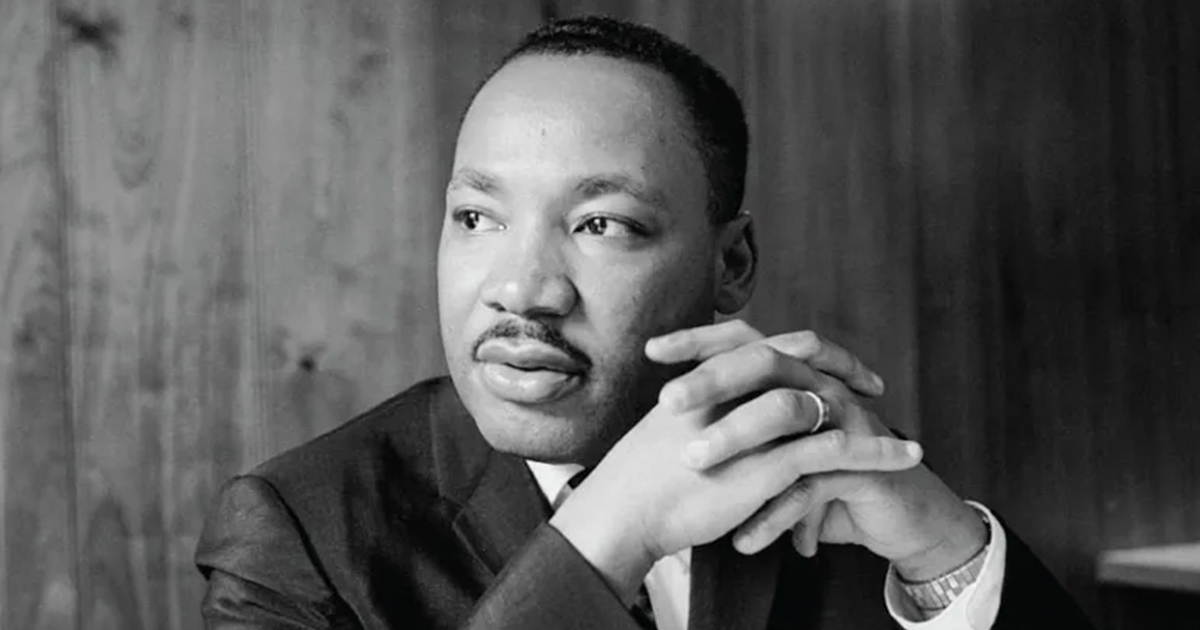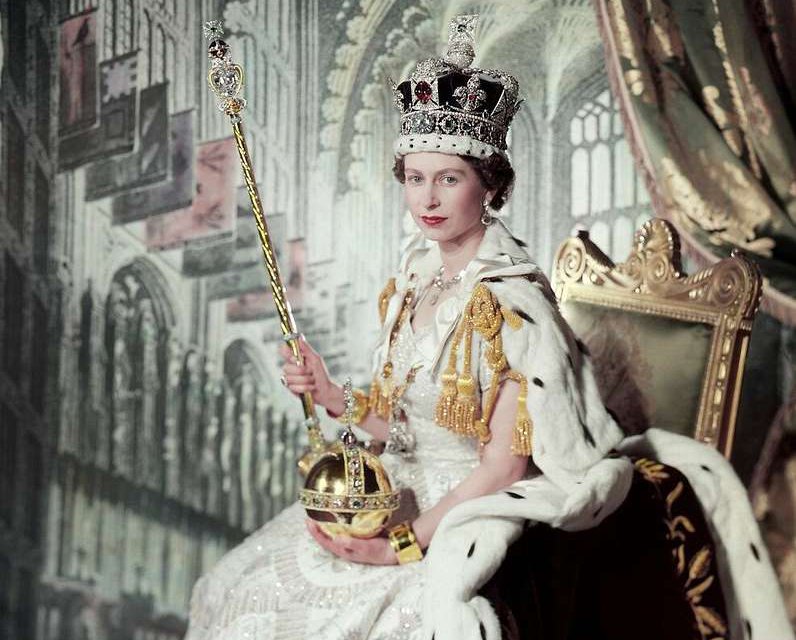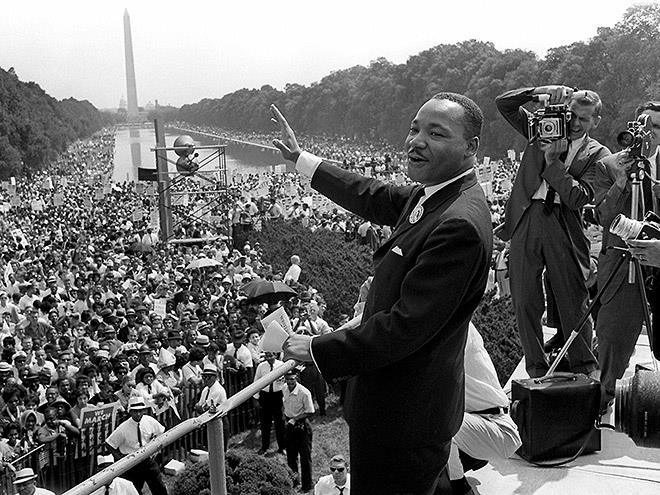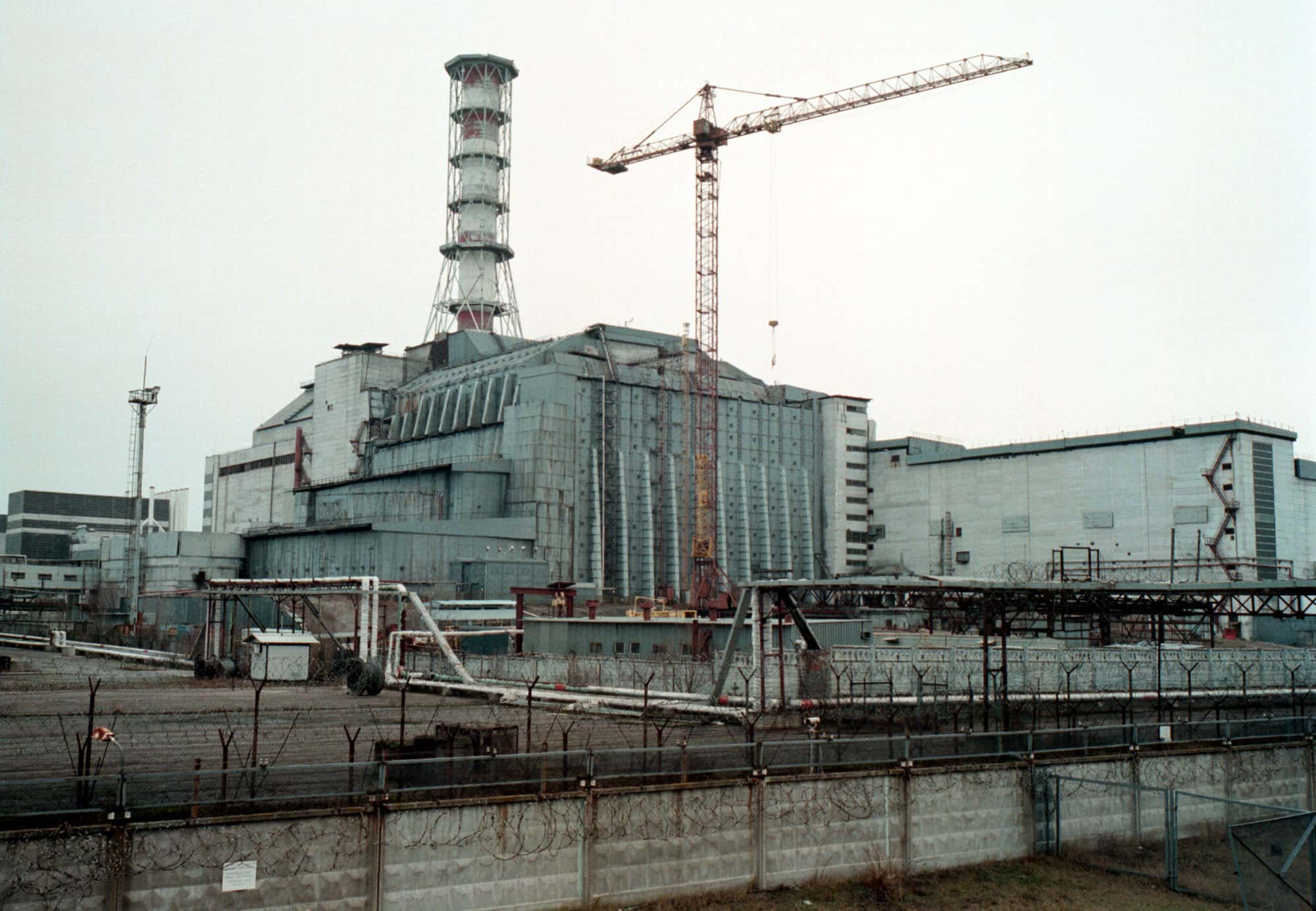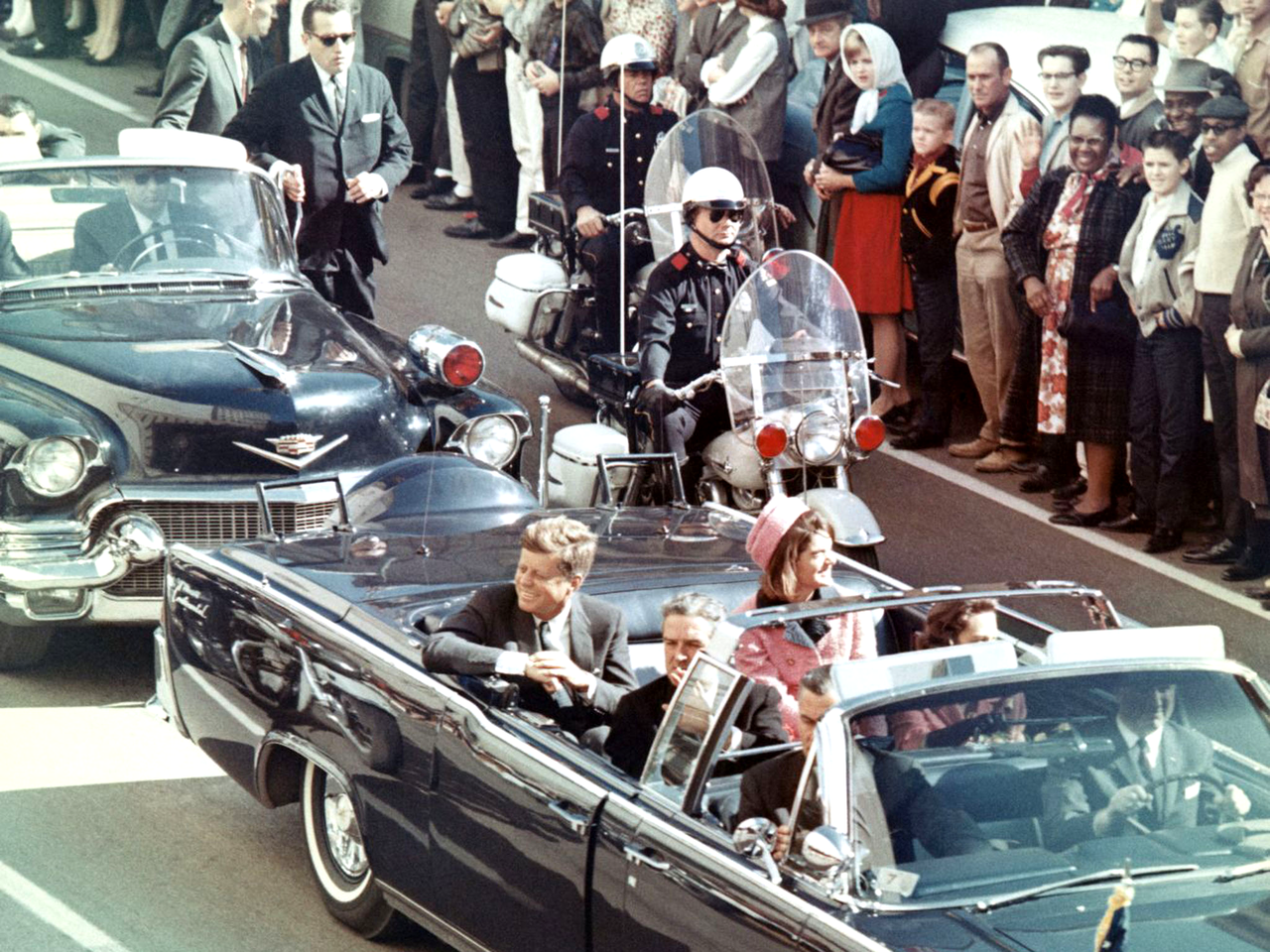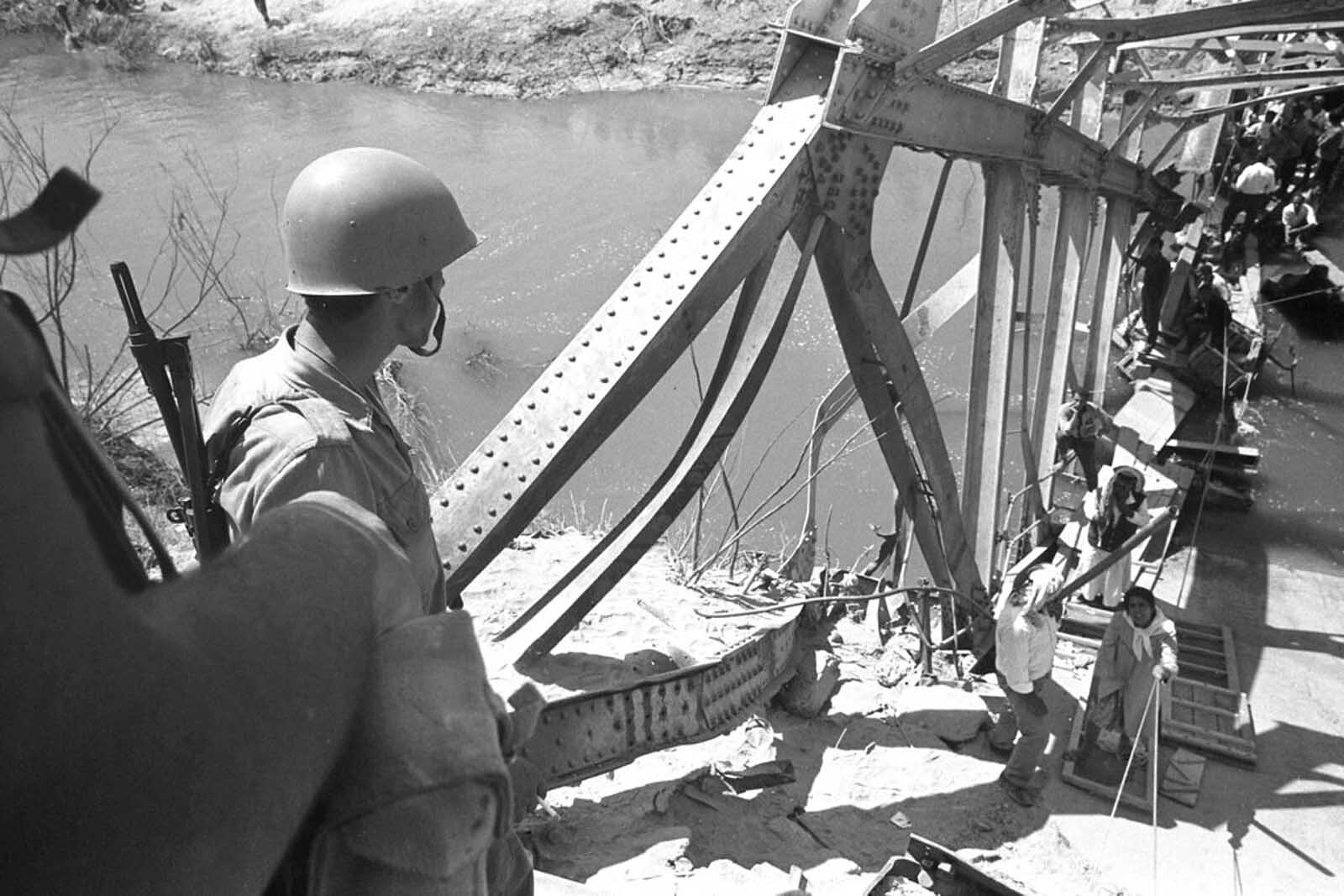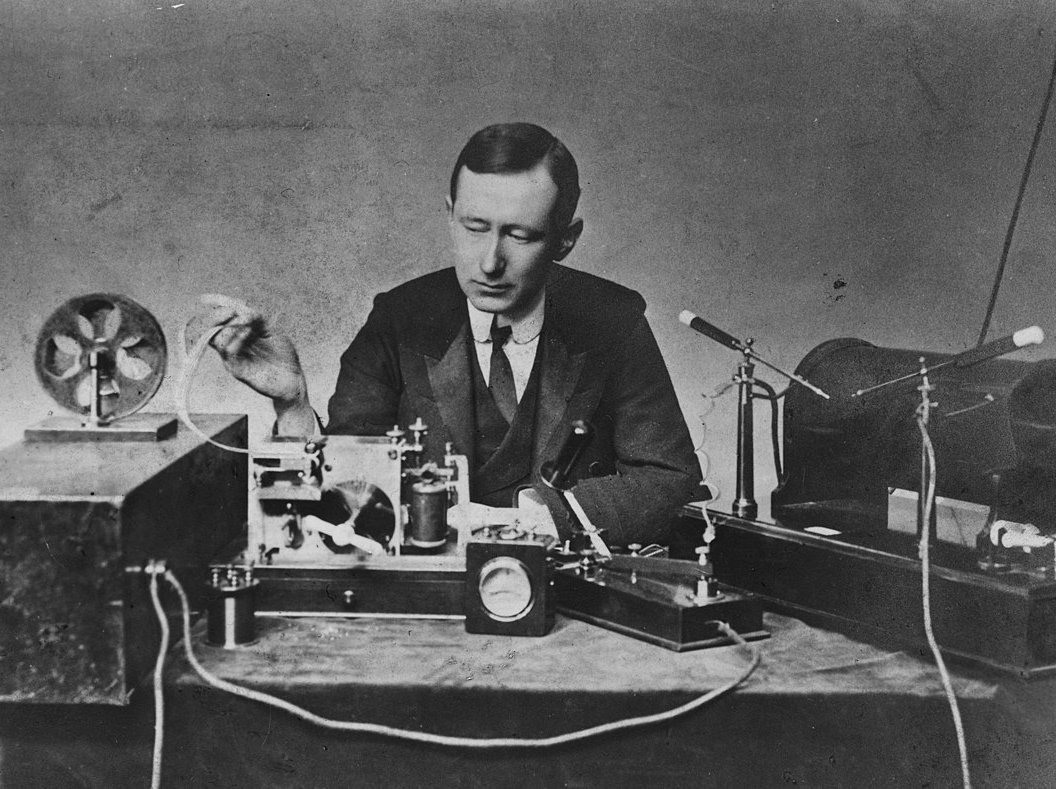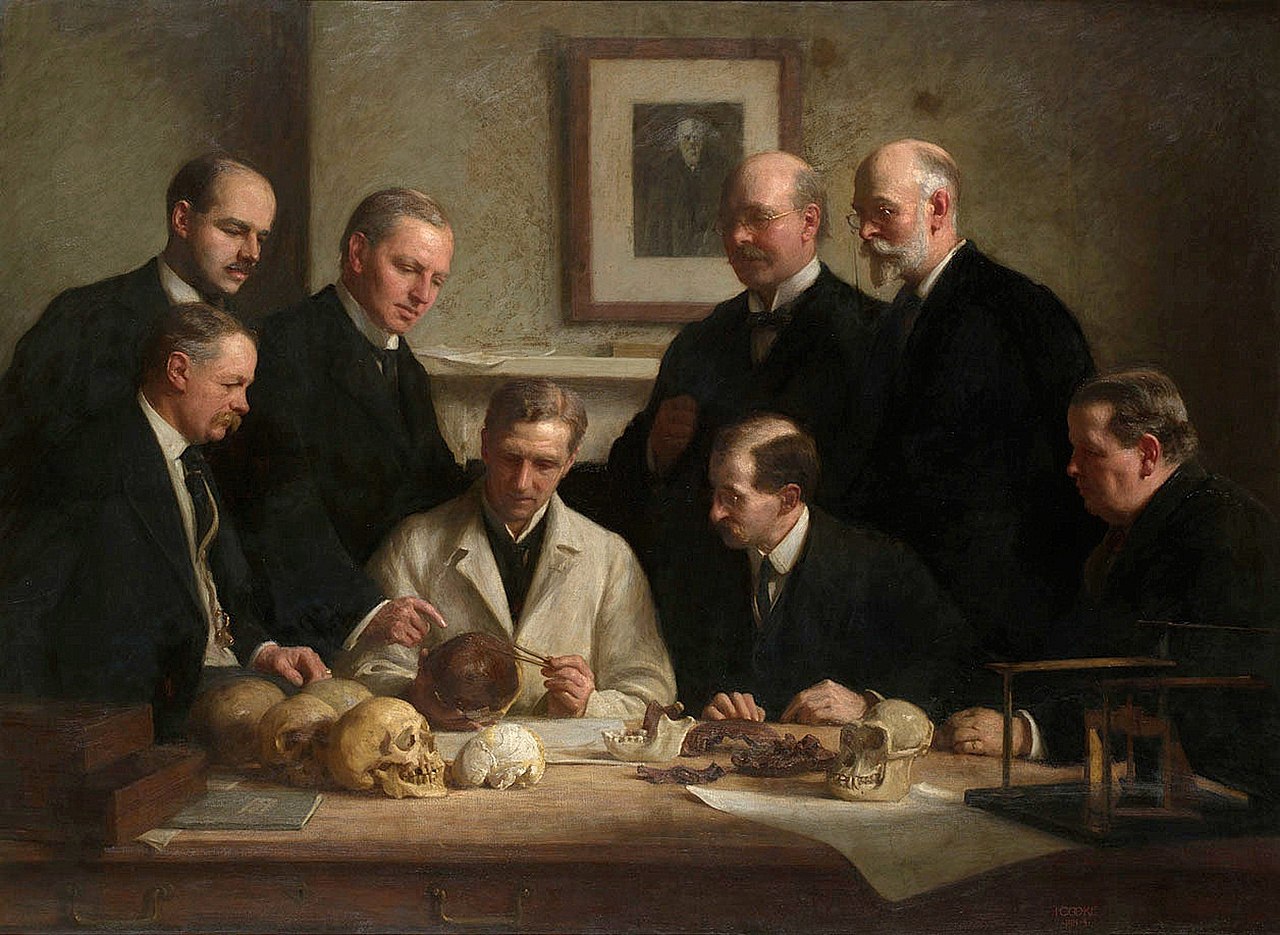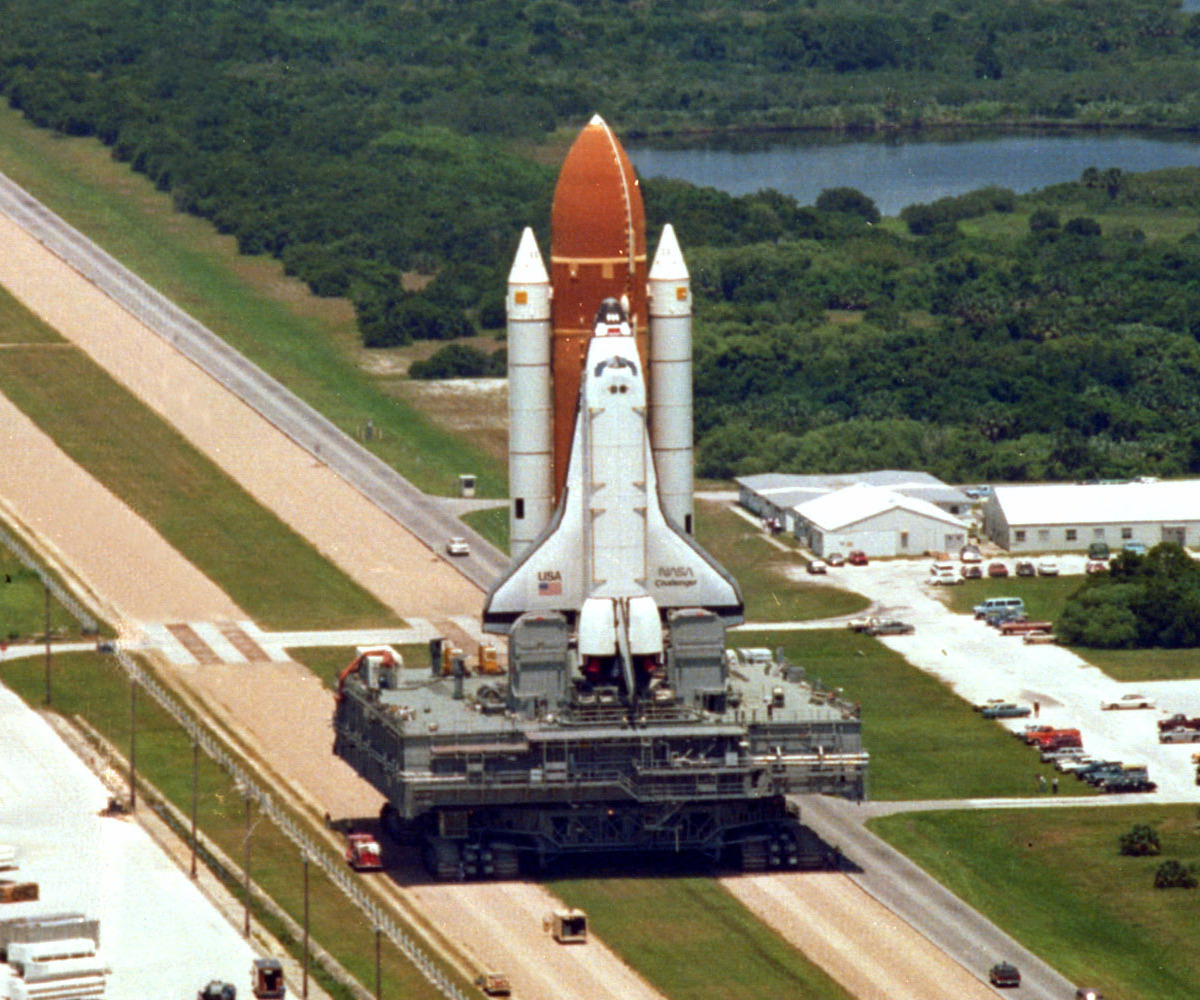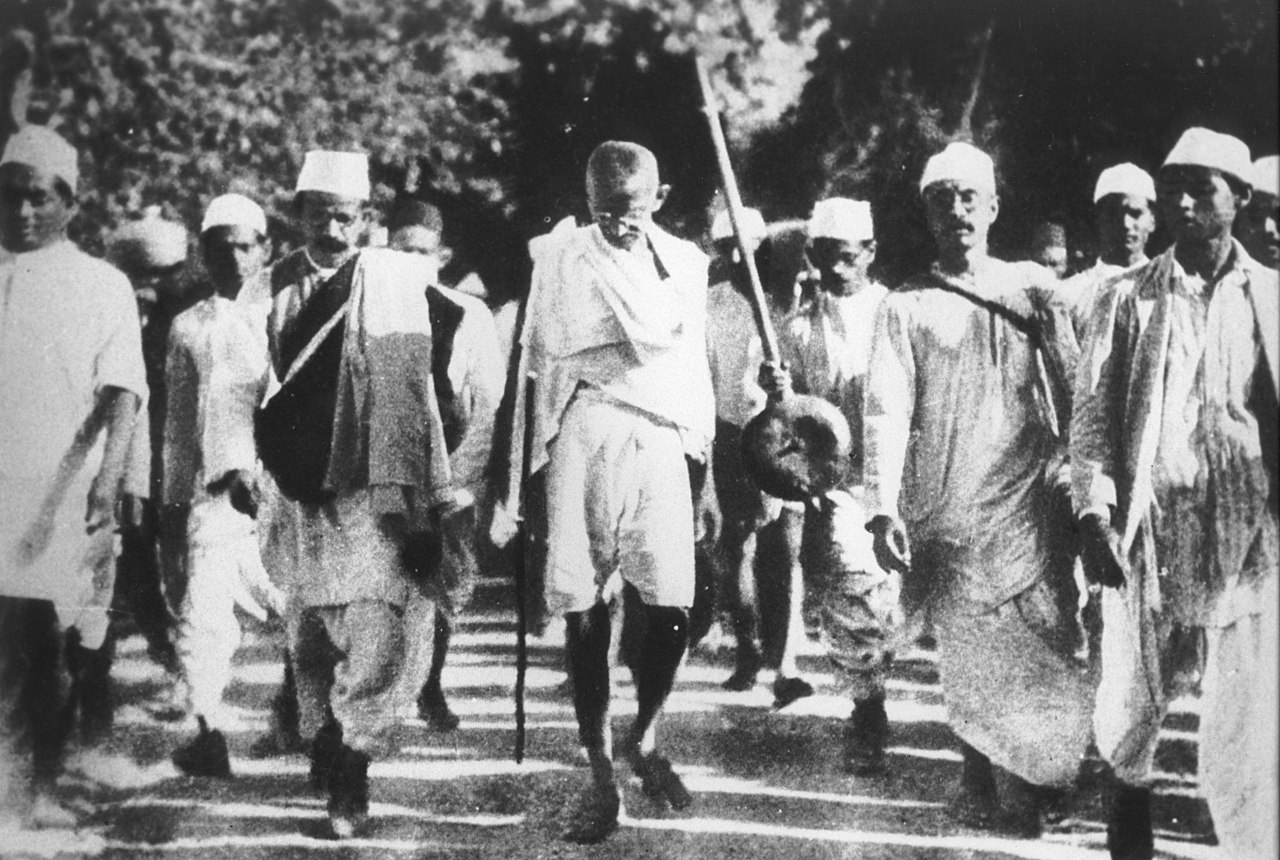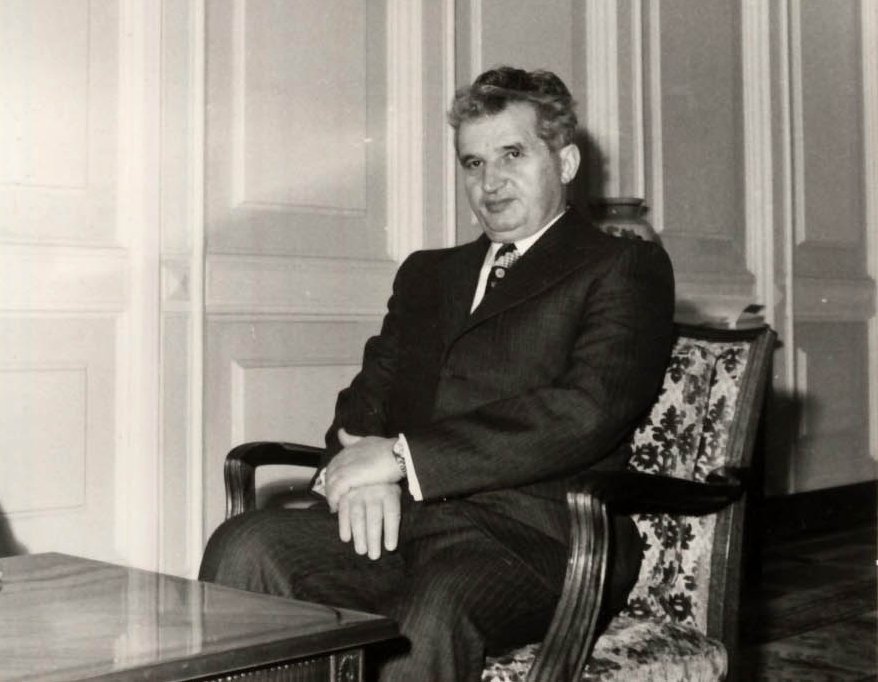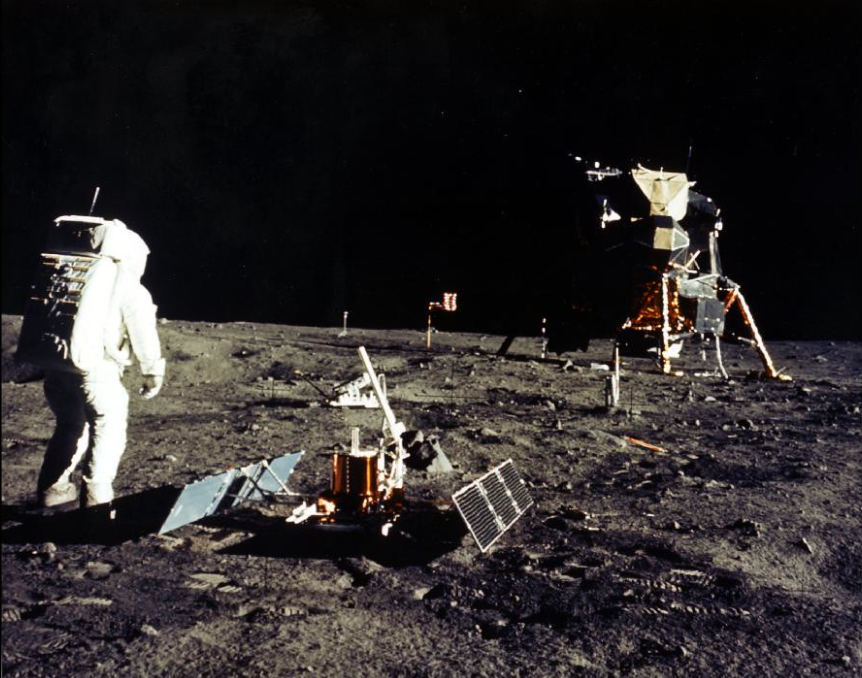In The Blink Of An Eye
Throughout history, single days and key moments have reshaped the world, leaving indelible marks on our collective consciousness. From the tragic elimination of Archduke Franz Ferdinand that ignited WWI to the awe-inspiring Apollo 11 Moon landing that expanded the horizons of human potential, these events highlight the profound impact of individual actions and decisions on the course of history.
The Termination Of Archduke Franz Ferdinand
On June 28, 1914, the streets of Sarajevo became the unlikely stage for an event that would trigger the world’s first global conflict. The slaying of Archduke Franz Ferdinand, heir to the Austro-Hungarian Empire, by a young nationalist sparked the beginning of WWI. This moment underscored the fragility of peace and the complex web of alliances that led to widespread devastation.
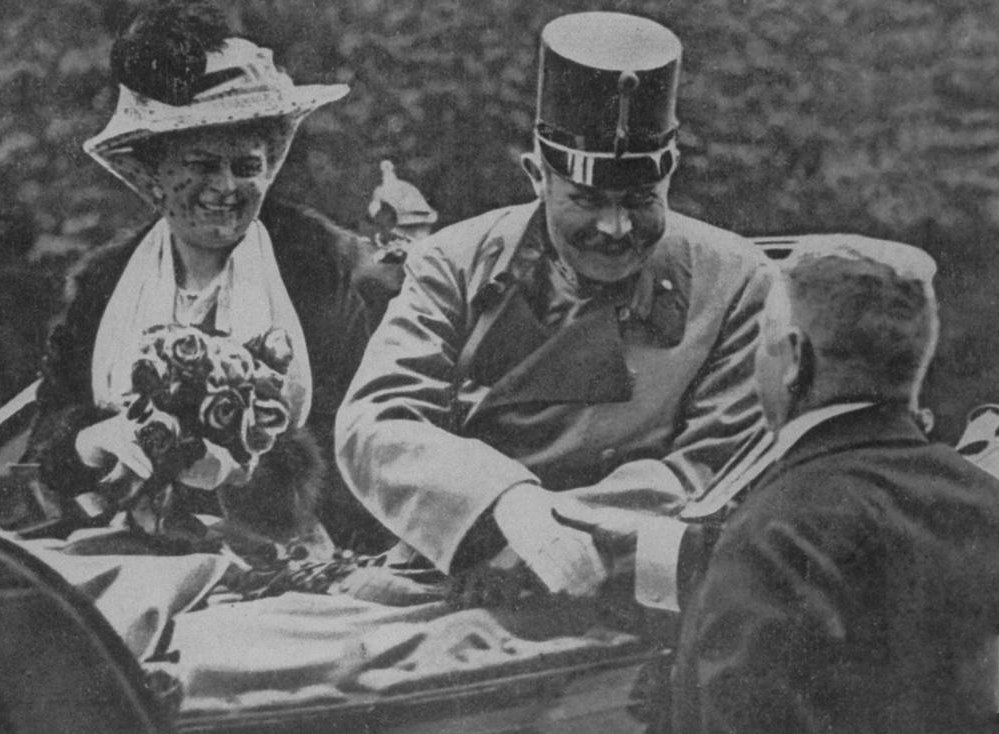 Unknown Artist, CC0, Wikimedia Commons
Unknown Artist, CC0, Wikimedia Commons
The Demise Of Princess Diana
The untimely demise of Princess Diana on August 31, 1997, shocked the world, bringing an unprecedented outpouring of grief across nations. Her passing not only mourned the loss of a beloved public figure but also sparked debates on media ethics and the paparazzi’s role in the tragedy, reshaping public discourse on celebrity and privacy.
The Coronation Of Queen Elizabeth II
On June 2, 1953, Queen Elizabeth II was crowned in Westminster Abbey, televised globally, marking a new era of media presence in royal events. Her coronation symbolized not only the continuation of a millennium-long monarchy but also the enduring strength and adaptation of British tradition in a restoration era.
The Elimination Of Martin Luther King Jr
On April 4, 1968, the voice of the American civil rights movement was tragically silenced. Martin Luther King Jr's assassination in Memphis, Tennessee reignited intense race-based tensions but also reaffirmed a national commitment to civil rights, echoing his dream for equality and justice.
Hiroshima: The First Atomic Explosion
August 6, 1945 marks a somber chapter in history when Hiroshima faced the devastating impact of the first atomic explosion. This act not only ended WWII but also started a new era of nuclear diplomacy, highlighting the profound and terrifying power of atomic energy.
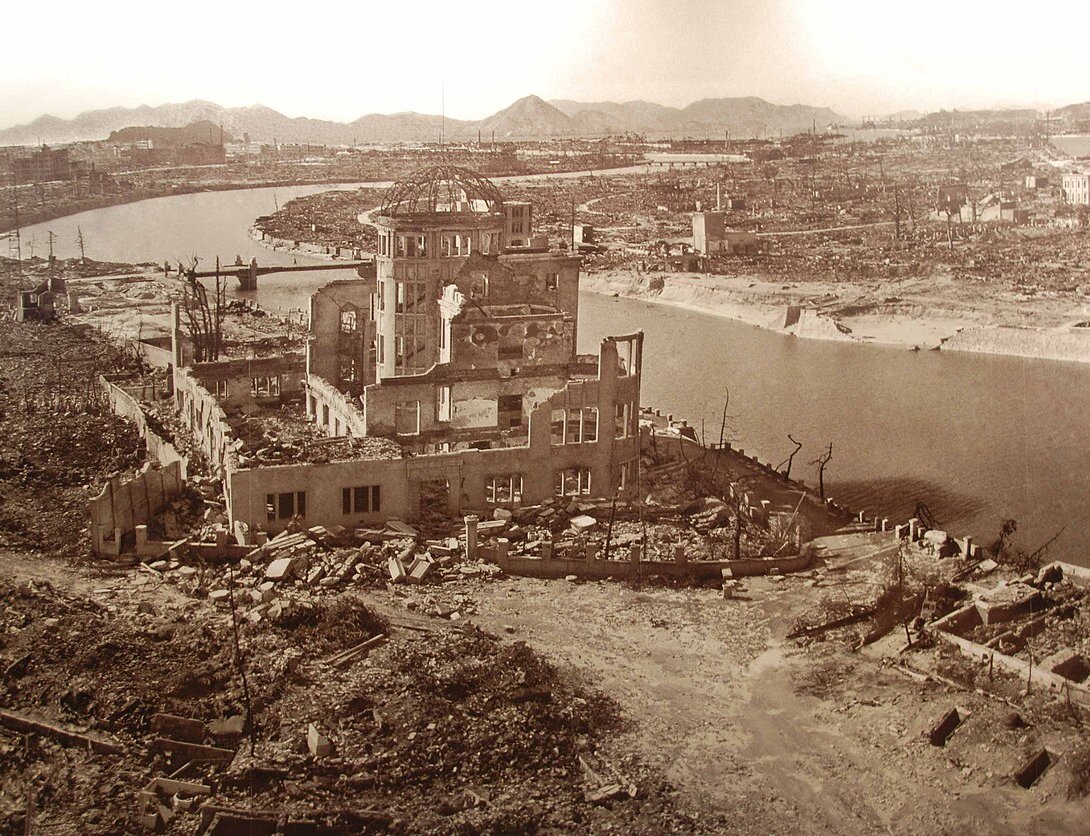 Maarten Heerlien, CC BY-SA 2.0, Wikimedia Commons
Maarten Heerlien, CC BY-SA 2.0, Wikimedia Commons
The Execution Of The Rosenbergs
Julius and Ethel Rosenberg were executed in 1953 for conspiring to pass atomic secrets to the Soviets, a case that gripped the nation. Their trial and subsequent execution remain among the most debated moments of the global power balance. The case stirred deep concerns about justice, civil liberties, and the lengths a nation might go in the name of security.
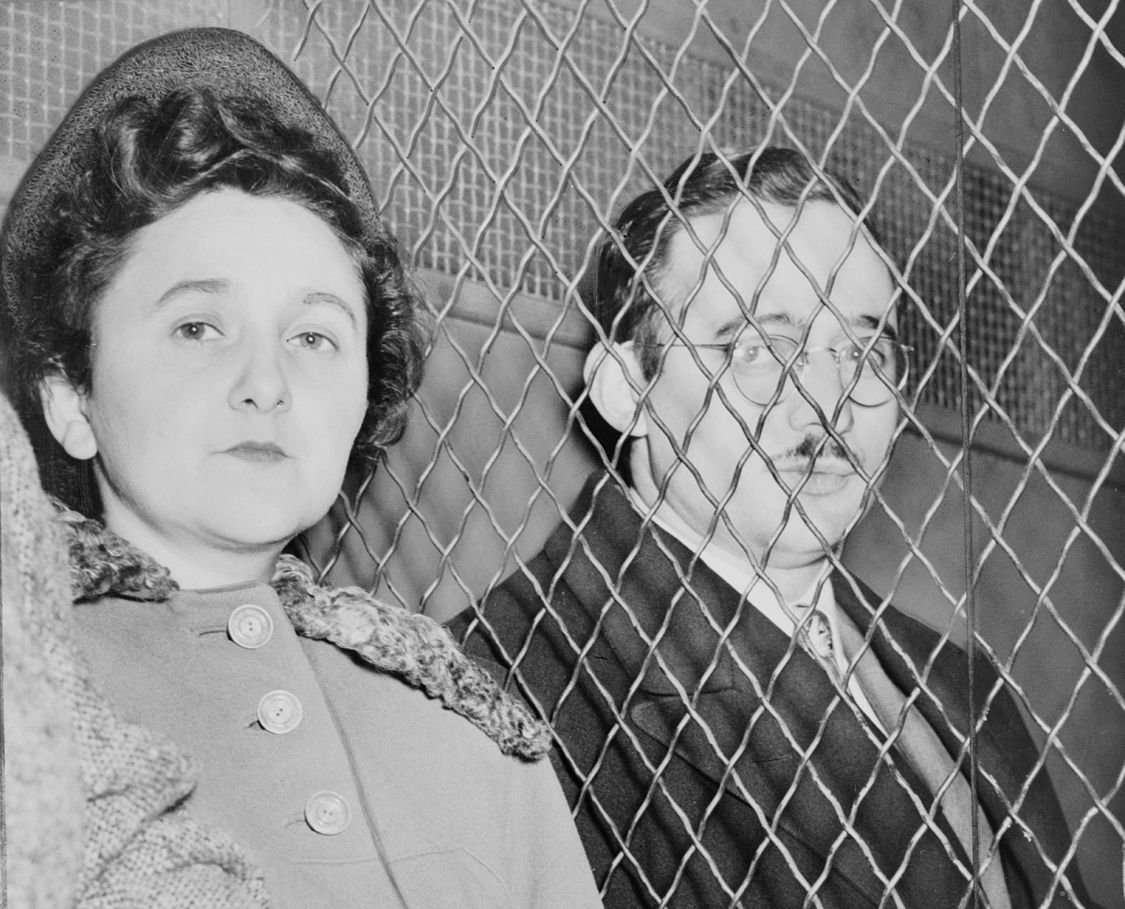 Roger Higgins, Wikimedia Commons
Roger Higgins, Wikimedia Commons
The Release Of Nelson Mandela
After 27 years of imprisonment, Nelson Mandela walked free on February 11, 1990, not only to lead South Africa away from its apartheid past but to become a global symbol of resilience and reconciliation. His presidency and leadership inspired nations to rethink justice, equality, and the power of forgiveness. Mandela's release marked a turning point in history, catalyzing the dismantling of apartheid and prompting worldwide reflection on ethnic policies and human rights.
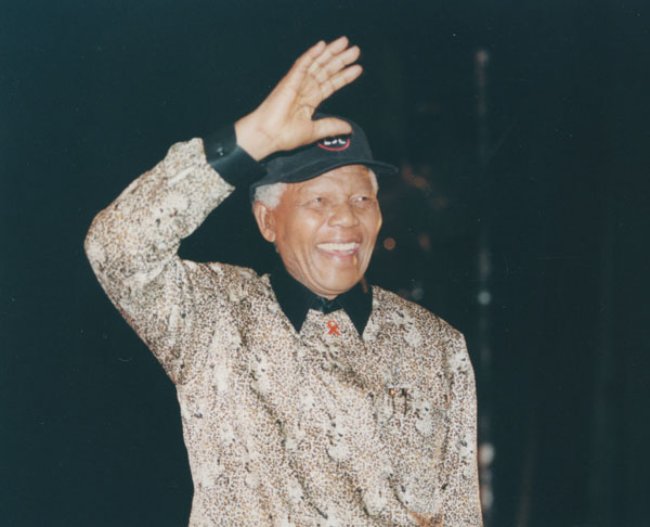 Library of the London School, Wikimedia Commons
Library of the London School, Wikimedia Commons
The Fall Of The Berlin Wall
On November 9, 1989, the Berlin Wall, a symbol of division during the Cold War, was brought down by the collective hands of East and West Germans. This event not only reunited Germany but also signaled the beginning of the end for the Soviet influence in Eastern Europe, championing the ideals of freedom and unity.
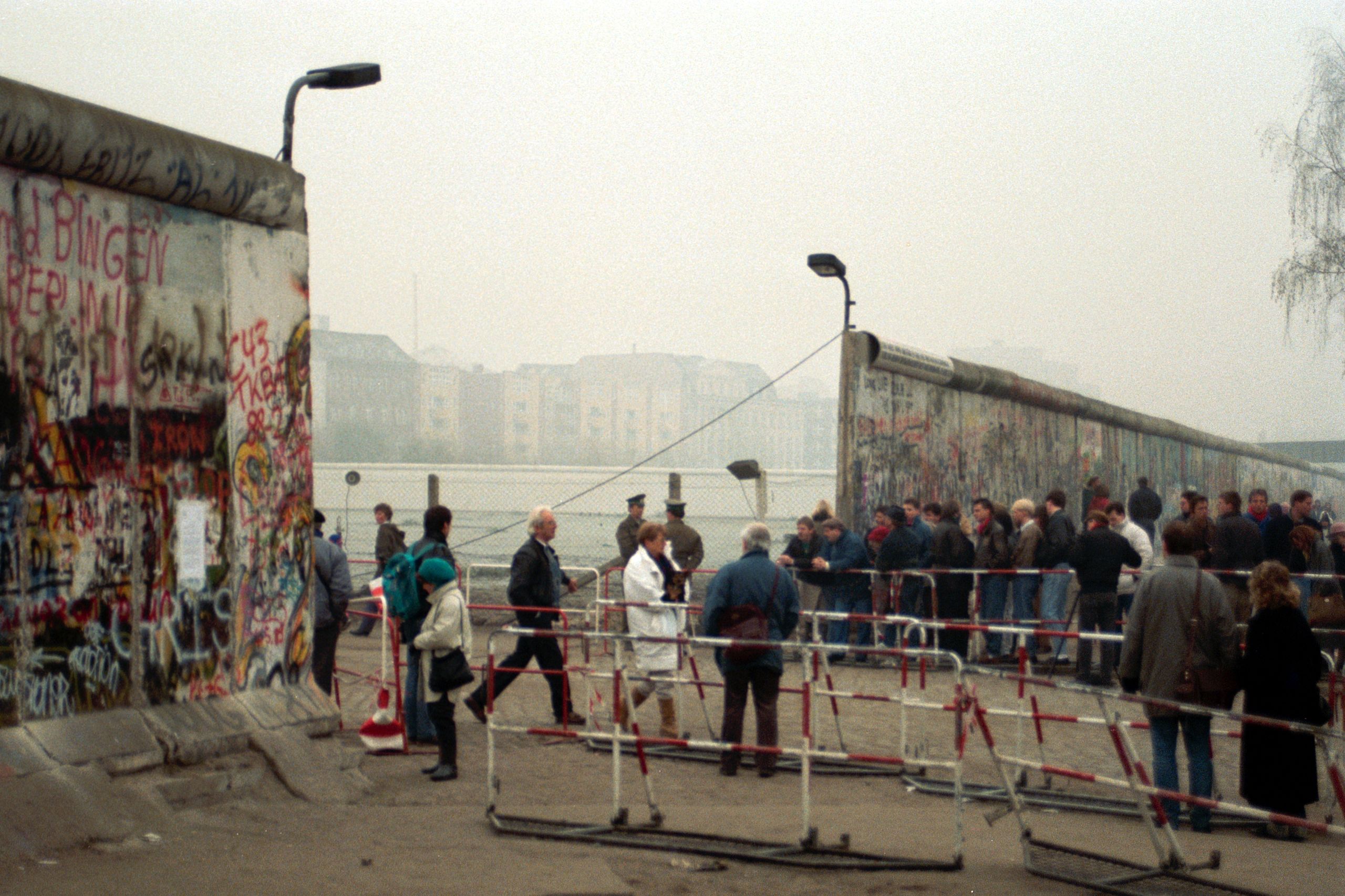 Frits Wiarda, CC BY-SA 3.0, Wikimedia Commons
Frits Wiarda, CC BY-SA 3.0, Wikimedia Commons

History's most fascinating stories and darkest secrets, delivered to your inbox daily.
The Birth Of The State Of Israel
Declared on May 14, 1948, the establishment of Israel marked a significant moment for Jewish communities worldwide following the horrors of WWII. This day is pivotal in understanding the complex tapestries of modern Middle Eastern politics and the ongoing quest for peace and territory.
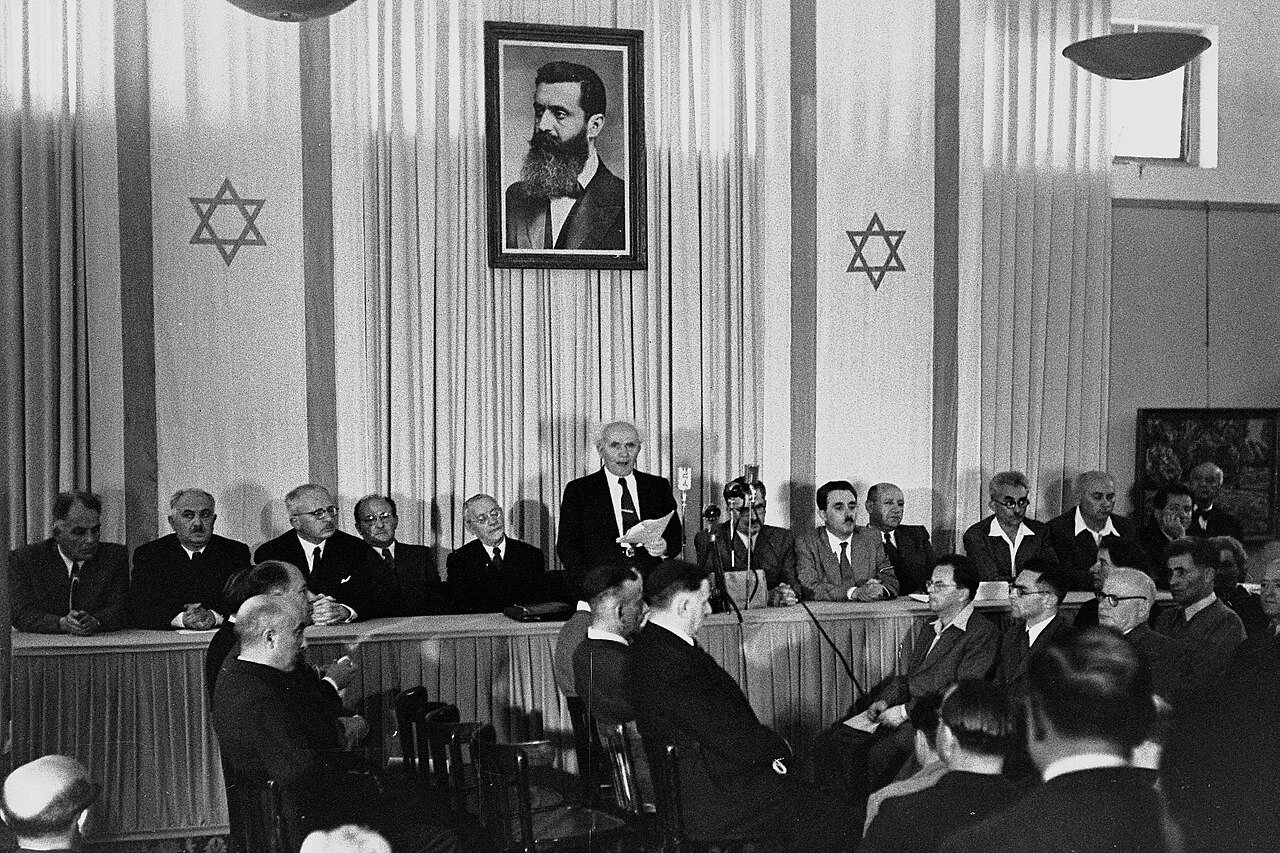 Rudi Weissenstein, Wikimedia Commons
Rudi Weissenstein, Wikimedia Commons
The Discovery Of Tutankhamun’s Tomb
When Howard Carter unveiled the nearly intact tomb of King Tutankhamun in 1922, the world was given a glittering glimpse into ancient Egypt’s grandeur. This discovery not only sparked a global fascination with Egyptology but also played a crucial role in understanding the rich heritage and history of ancient civilizations.
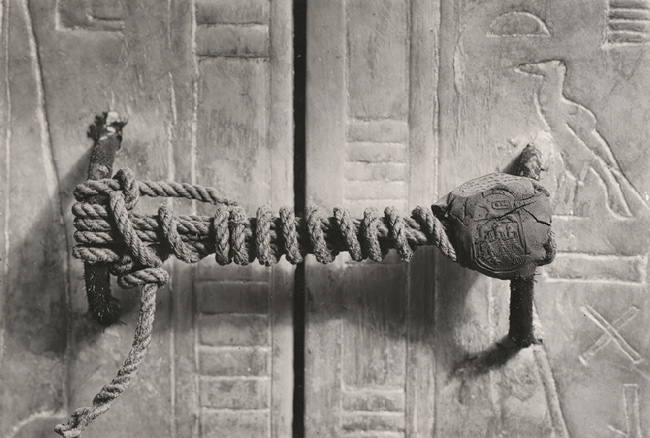 Harry Burton, Wikimedia Commons
Harry Burton, Wikimedia Commons
Kristallnacht: The Night Of Broken Glass
November 9, 1938 marks a night of terror and devastation as Kristallnacht unfolded across Third Reich Germany. This orchestrated attack against Jewish businesses and synagogues left streets littered with shattered glass, symbolizing the escalating tension of the Holocaust. This dark event awakened many to the grim reality of Third Reich antisemitism, marking a significant escalation toward the genocide that would follow.
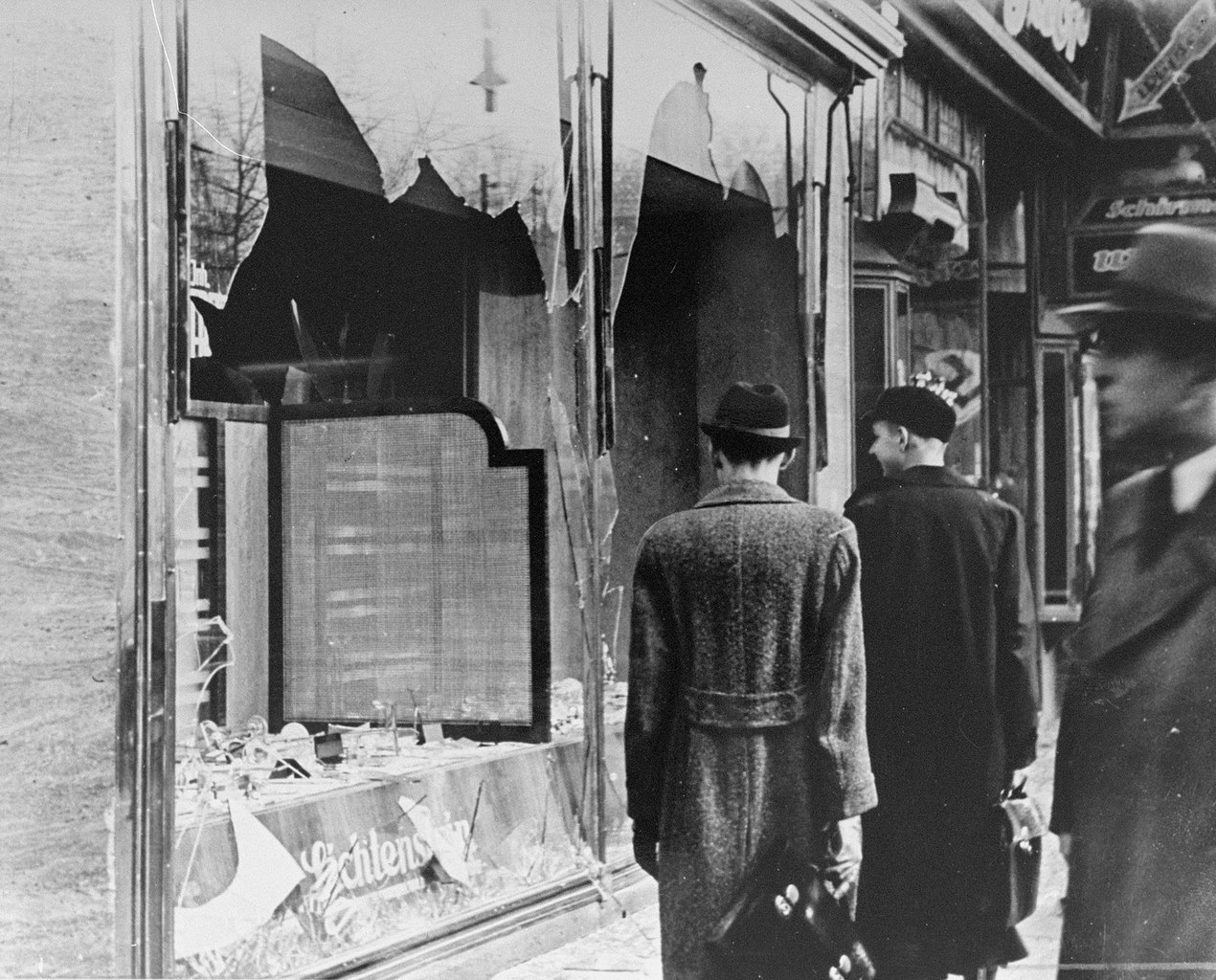 Unknown Author, Wikimedia Commons
Unknown Author, Wikimedia Commons
The War Of The Worlds Broadcast
Orson Welles’ War of the Worlds radio broadcast on October 30, 1938 famously sent listeners into a frenzy, convinced that a Martian invasion was underway. The ensuing panic highlighted the powerful influence of the media on public perception. This event remains a testament to the psychological impact of broadcast communications—foreshadowing the media's role in shaping modern society.
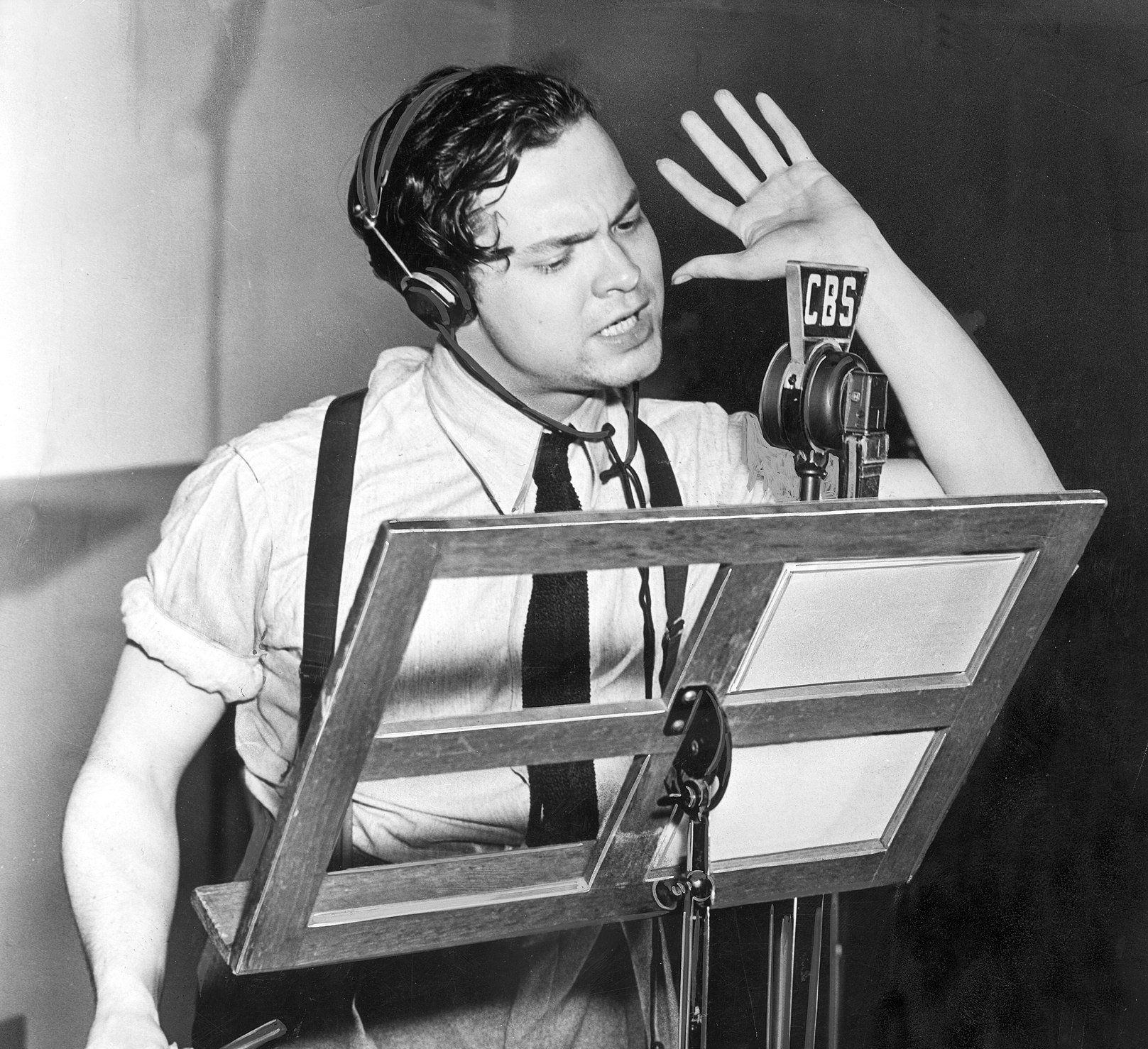 Macfadden Publications, Wikimedia Commons
Macfadden Publications, Wikimedia Commons
The Wright Brothers' First Flight
On December 17, 1903, Orville and Wilbur Wright made history at Kitty Hawk, North Carolina, with the first powered flight. Lasting just 12 seconds, this brief journey set humanity on a path to conquer the skies. The Wright brothers didn't just invent an airplane; they launched the age of aviation, shrinking our world in unimaginable ways.
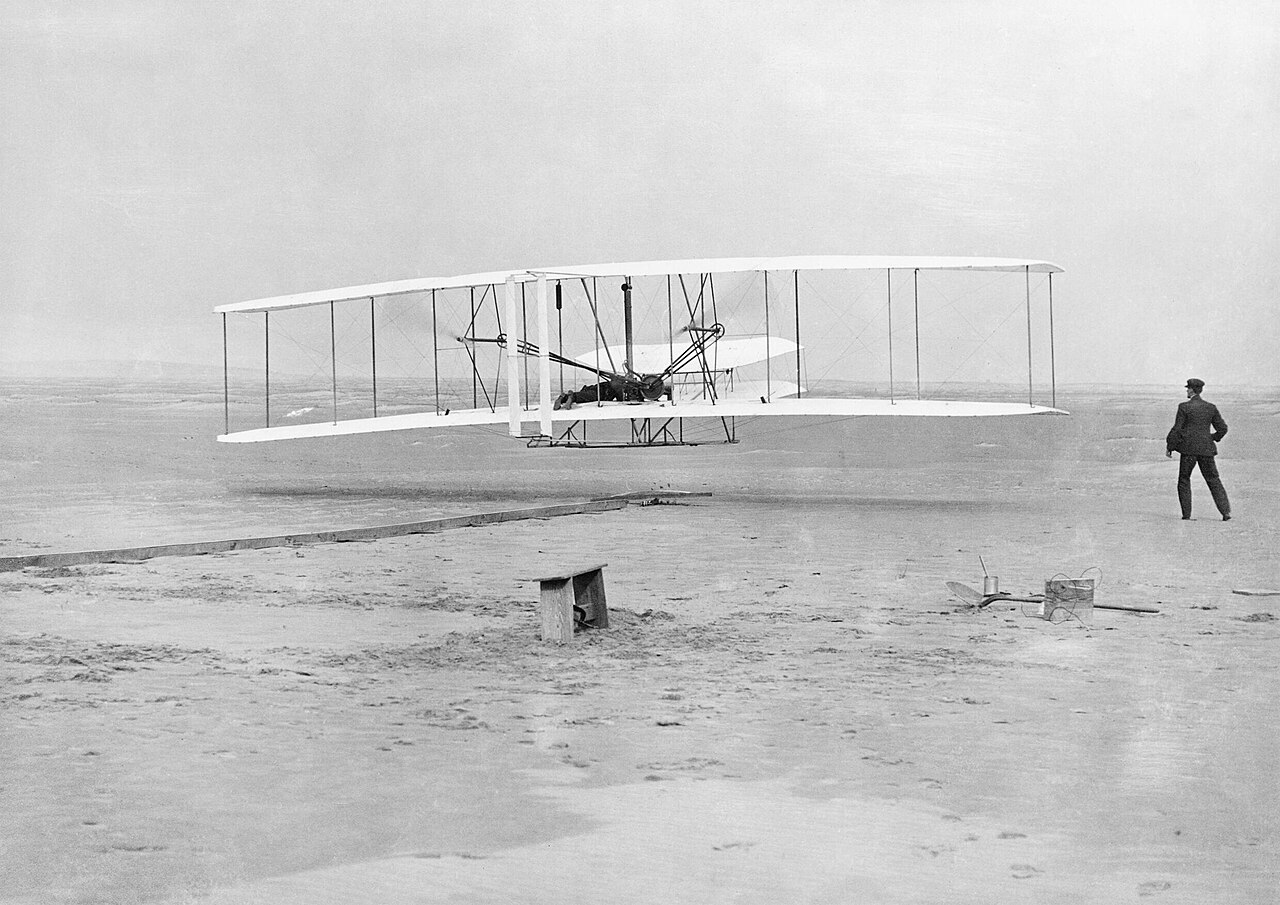 Daniels John T, Wikimedia Commons
Daniels John T, Wikimedia Commons
Chernobyl Nuclear Disaster
The Chernobyl disaster on April 26, 1986 remains one of the most catastrophic nuclear accidents in history. When reactor four exploded, it released lethal amounts of radioactive material across Europe. The aftermath led to significant changes in both nuclear policy and safety protocols, highlighting the dire consequences of atomic energy failures.
The Elimination Of John F Kennedy
November 22, 1963 saw the shocking elimination of President John F Kennedy in Dallas, Texas. This tragic event left a nation in mourning and marked a crucial moment in American history that led to numerous conspiracy theories and fundamentally changed the US political landscape. The demise also led to significant changes in presidential security measures and had a profound impact on American public trust in government institutions.
The Six-Day Conflict
The geopolitical landscape of the Middle East was dramatically altered between June 5 and June 10, 1967, when the conflict saw Israel seize significant territories from its Arab neighbors. This brief but intense skirmish introduced a complex web of tensions that continue to influence the region's dynamics today. The outcomes of this conflict remain deeply impactful, shaping both the politics and the borders of the Middle East.
The Resignation Of President Richard Nixon
On August 8, 1974, President Richard Nixon announced his resignation–the first ever by a US president–amid the Watergate scandal. This event underscored the importance of transparency and accountability in government, reshaping American politics and reinforcing the principle that no one, not even the President, is above the law. While Nixon himself was not impeached, the proceedings leading to his resignation highlighted the constitutional checks and balances and the impeachment process.
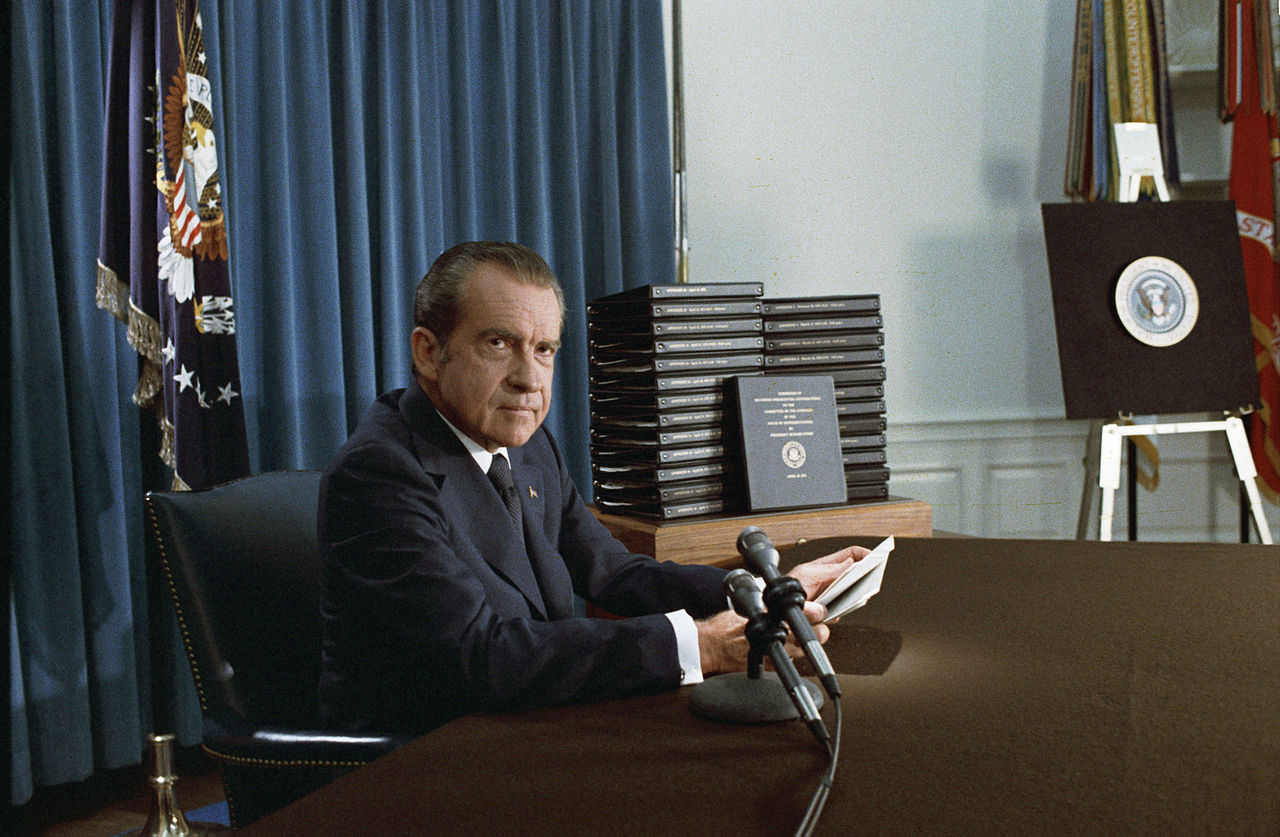 National Archives, Wikimedia Commons
National Archives, Wikimedia Commons
The First Transatlantic Radio Transmission
December 12, 1901 saw Guglielmo Marconi prove the possibility of transatlantic radio communication by successfully transmitting the letter "S" from England to Newfoundland. Marconi's achievement not only revolutionized communication technology but also bridged vast distances instantaneously, ushering in an era of global connectivity that laid the groundwork for innovations like the internet and mobile telecommunications.
The Saint Valentine’s Day Massacre
On February 14, 1929, the Saint Valentine’s Day slaughter exposed the brutal power struggles of Chicago’s Prohibition-era gang wars. Seven gang members were ruthlessly gunned down in a daylight ambush, a fatality spree widely attributed to Al Capone. This gruesome event underscored the urgent need for reform in law enforcement and became a symbol of the era's rampant disorder.
 APK, CC BY-SA 4.0, Wikimedia Commons
APK, CC BY-SA 4.0, Wikimedia Commons
The Discovery Of The Piltdown Man
The 1912 discovery of the Piltdown Man in England was hailed as a breakthrough in understanding human evolution, only to be exposed as a hoax in 1953. This scandal shook the scientific community, revealing its susceptibility to deception. It emphasized the critical importance of rigorous peer review and skepticism in scientific research.
The Challenger Space Shuttle Disaster
January 28, 1986 was marred by tragedy when the Space Shuttle Challenger broke apart just 73 seconds into its flight, causing all seven astronauts on board to perish. This disaster profoundly impacted space travel, leading to major safety overhauls in NASA and redefining public perception of the risks associated with space exploration.
The Attack On Pearl Harbor
On December 7, 1941, the Japanese Navy launched a surprise attack on Pearl Harbor, propelling the United States into WWII. This infamous day dramatically altered the course of the battle and reshaped US foreign policy. As a result, the United States emerged as a dominant global power.
The Independence Of India
India’s long journey to independence culminated on August 15, 1947, after years of peaceful resistance led by Mahatma Gandhi and many others. This historic achievement not only transformed the Indian subcontinent but also ignited a wave of decolonization across the globe. The resilience and unity of the Indian people during this period became a powerful symbol of hope for all those struggling against colonial rule.
The Great Train Heist
On August 8, 1963, a daring band of thieves orchestrated one of the most famous heists in British history, absconding with £2.6 million (valued today at around £69 million) from a Royal Mail train. The boldness and magnitude of the Great Train heist not only seized the public's imagination but also triggered a profound transformation in how valuables are secured during transport. Today, the heist is etched in history, a stark reminder of the era's vulnerabilities and the sweeping changes it spurred in security protocols.
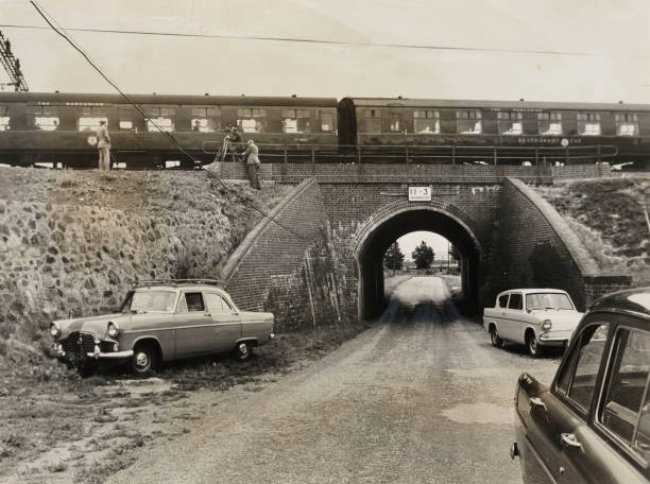 Daily Herald Archive, Getty Images
Daily Herald Archive, Getty Images
The Christmas Truce Of WWI
On December 25, 1914, a remarkable event occurred along the Western Front during WWI: enemies became friends, if only temporarily. The Christmas Truce saw British and German service members cross trenches to exchange seasonal greetings and sing carols. This spontaneous act of holiday spirit and humanity stands as a touching symbol of peace and goodwill in the midst of one of the most brutal wars in history.
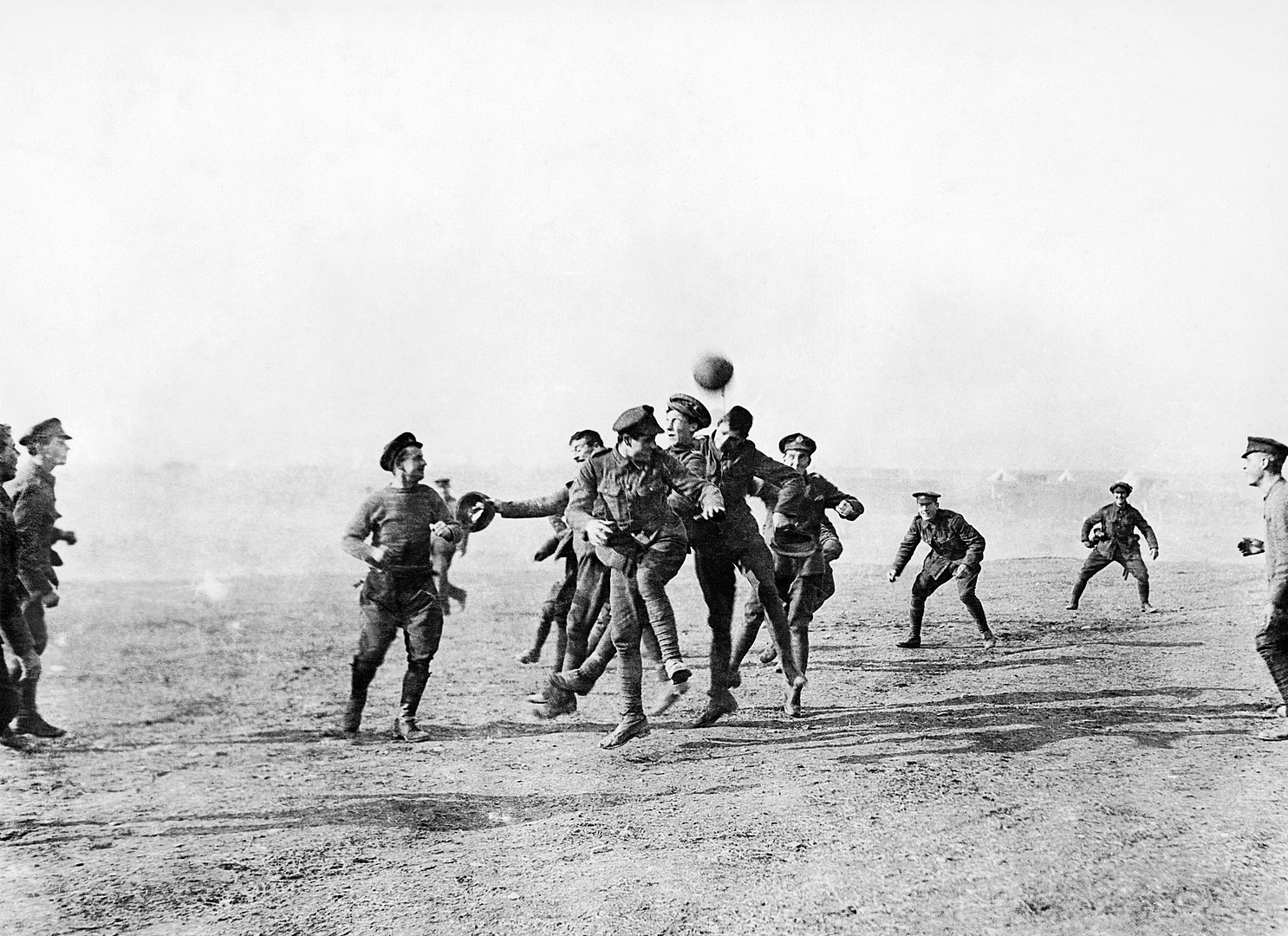 Ariel Varges, Wikimedia Commons
Ariel Varges, Wikimedia Commons
The Battle Of The Bulge
The Battle of the Bulge, fought in December 1944, was the Third Reich's final major offensive against the Allies on the Western Front. Taking place in Belgium's dense Ardennes forest, this grueling battle played a pivotal role in hastening the end of WWII in Europe. The Allies' victory demonstrated their resilience and strategic superiority.
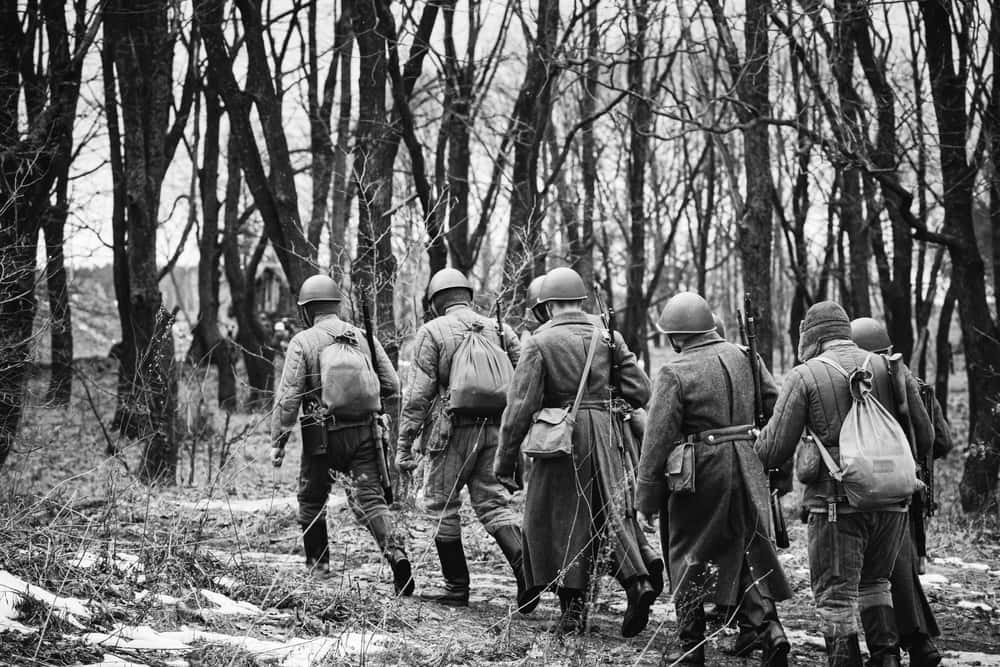 George Trumpeter, Shutterstock
George Trumpeter, Shutterstock
The Elimination Of Abraham Lincoln
April 14, 1865, marked a tragic day in American history with the slaying of President Abraham Lincoln. This event, occurring just days after the Confederate surrender, plunged the nation back into turmoil. Lincoln's passing had profound effects on the Reconstruction era, shaping the treatment and integration of the southern states into the Union.
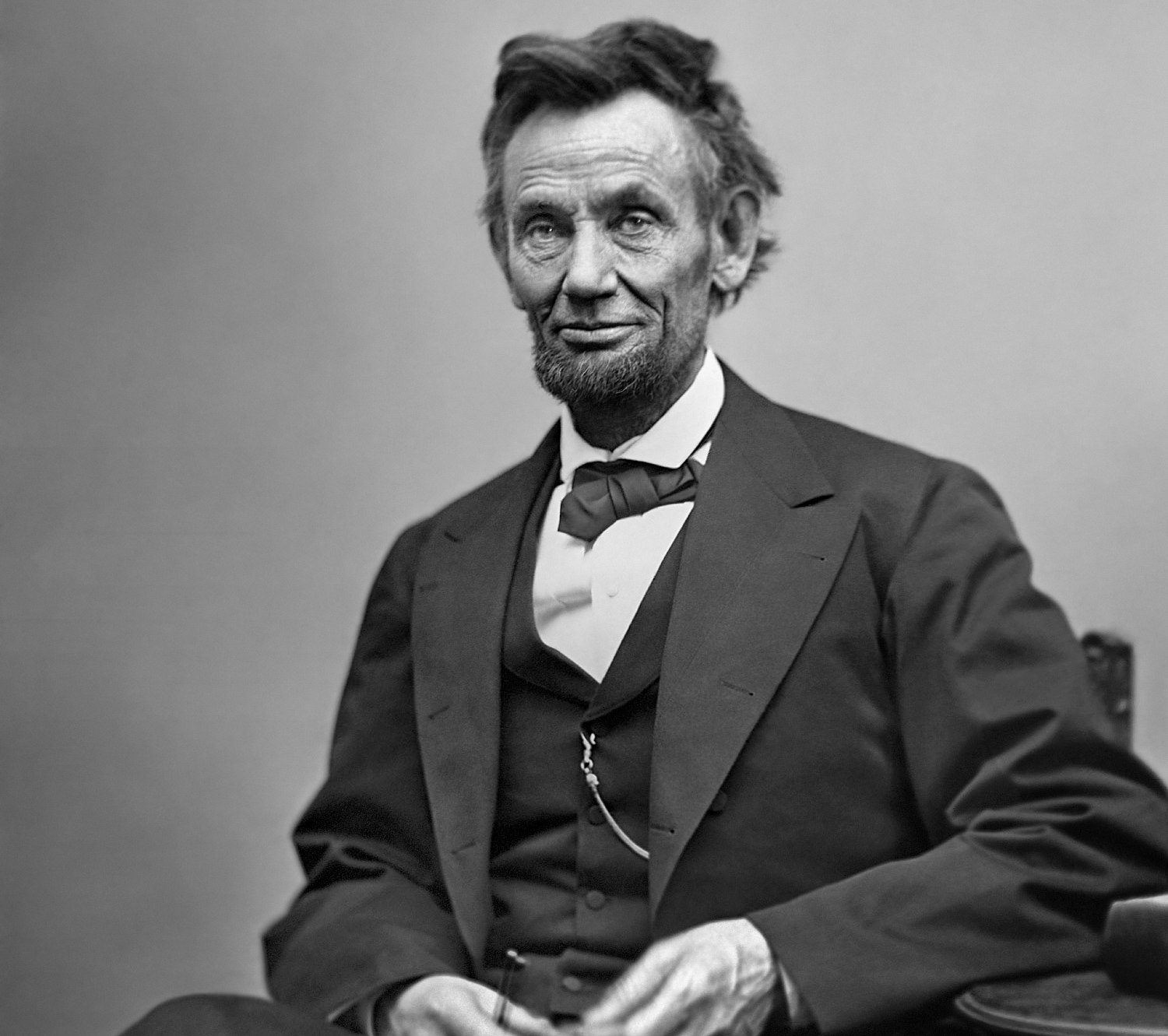 Library of Congress, Wikimedia Commons
Library of Congress, Wikimedia Commons
The Oklahoma City Blast
On April 19, 1995, the Alfred P Murrah Federal Building in Oklahoma City was bombarded in what was then the deadliest terrorist attack on US soil. This attack, carried out by Timothy McVeigh, took the lives of 168 people and deeply scarred the nation. This event thrust the issues of domestic terrorism and national security into the spotlight, reshaping the American discourse on safety and vigilance.
The Execution Of Anne Boleyn
On May 19, 1536, Anne Boleyn, the second wife of King Henry VIII of England, met a tragic end, executed for treason. Her demise underscored the perilous overlap of personal desires and political intrigue within the Tudor court. This event significantly accelerated the English Reformation, reshaping England's religious and governmental landscape.
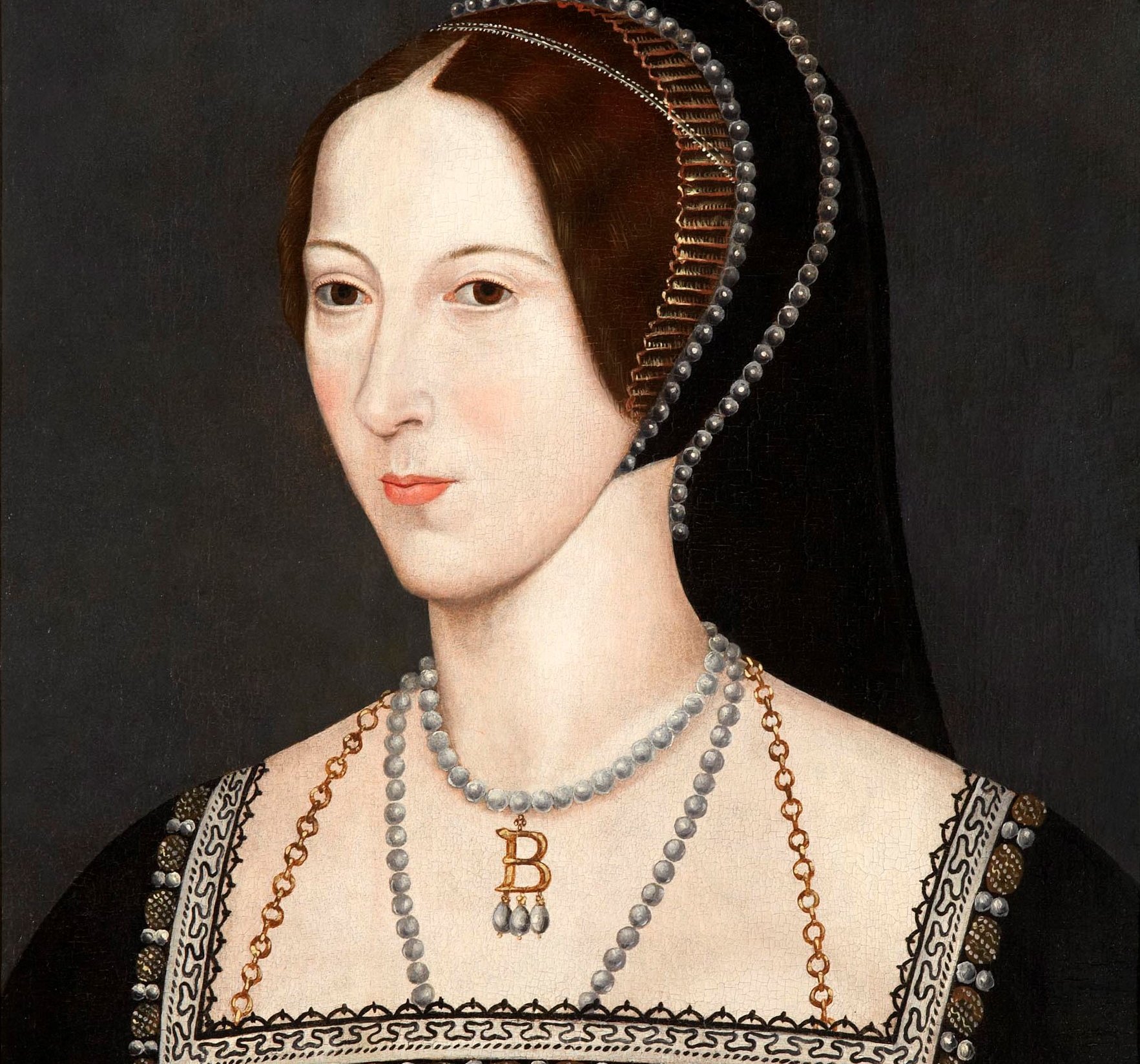 English school, Wikimedia Commons
English school, Wikimedia Commons
The Defection Of Burgess And Maclean
Guy Burgess and Donald Maclean’s defection to the Soviet Union in 1951 shocked the British intelligence community to its core. As members of the notorious Cambridge Spy Ring, their betrayal during the geopolitical contest revealed the deep infiltration of Western intelligence by Soviet spies. This event triggered widespread paranoia and mistrust within the global intelligence network.
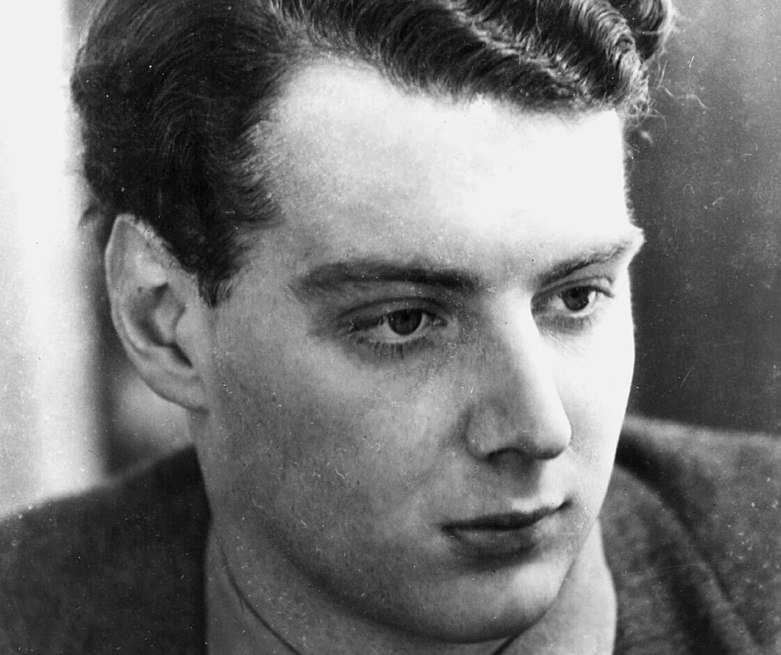 KEYSTONE Pictures, Wikimedia Commons
KEYSTONE Pictures, Wikimedia Commons
The Abdication Of Edward VIII
On December 11, 1936, in a stunning decision that reverberated around the globe, King Edward VIII relinquished the British throne, choosing love over duty to marry Wallis Simpson, an American divorcée. This unprecedented abdication shook the very foundations of the British monarchy, sparking a crisis that forced a reevaluation of the delicate balance between personal liberty and royal responsibilities. The fallout from this momentous event forever altered how the royal family and its obligations are perceived, blending personal desires with public expectations.
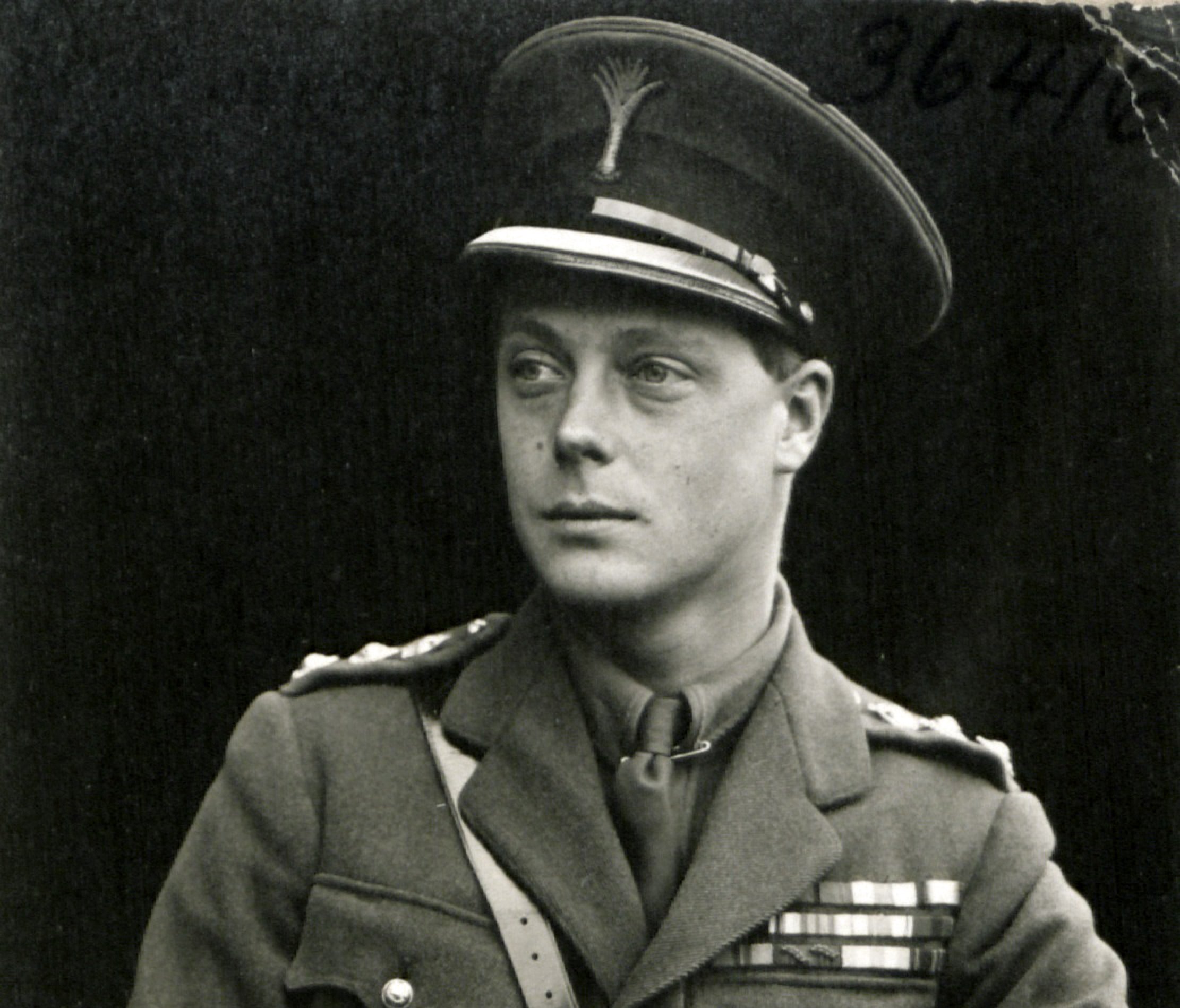 British Library, via Wikimedia Commons
British Library, via Wikimedia Commons
The OK Corral Shootout
On October 26, 1881, the infamous gunfight at the OK Corral in Tombstone, Arizona etched itself into Wild West lore. This brief yet legendary clash, featuring iconic figures such as Wyatt Earp and Doc Holliday, captured the imagination of the nation. It has been immortalized in countless films and books, defining the rugged mythos of the American frontier.
The Boston Tea Party
In a bold act of rebellion against British taxation policies, American colonists threw 342 chests of tea into Boston Harbor on December 16, 1773. This event, known as the Boston Tea Party, marked a crucial escalation in the struggle for American independence. It catalyzed the series of events that would ultimately lead to the struggle for independence and the birth of a new nation.
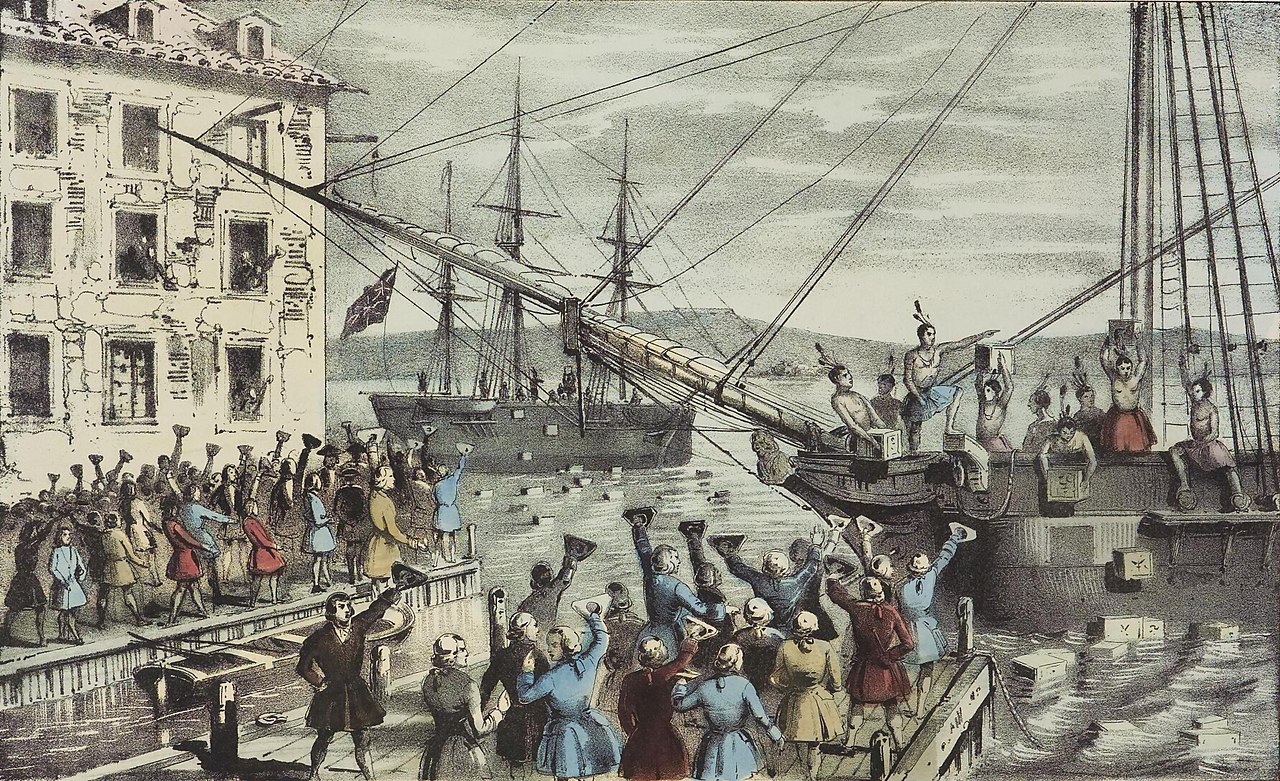 Nathaniel Currier, Wikimedia Commons
Nathaniel Currier, Wikimedia Commons
The Battle Of Midway
The Battle of Midway, which took place from June 4 to 7, 1942, became a significant turning point in WWII’s Pacific battle. The US Navy's decisive victory over the Imperial Japanese Navy shifted the balance of naval power, paving the way for the Allies' eventual triumph in the Pacific.
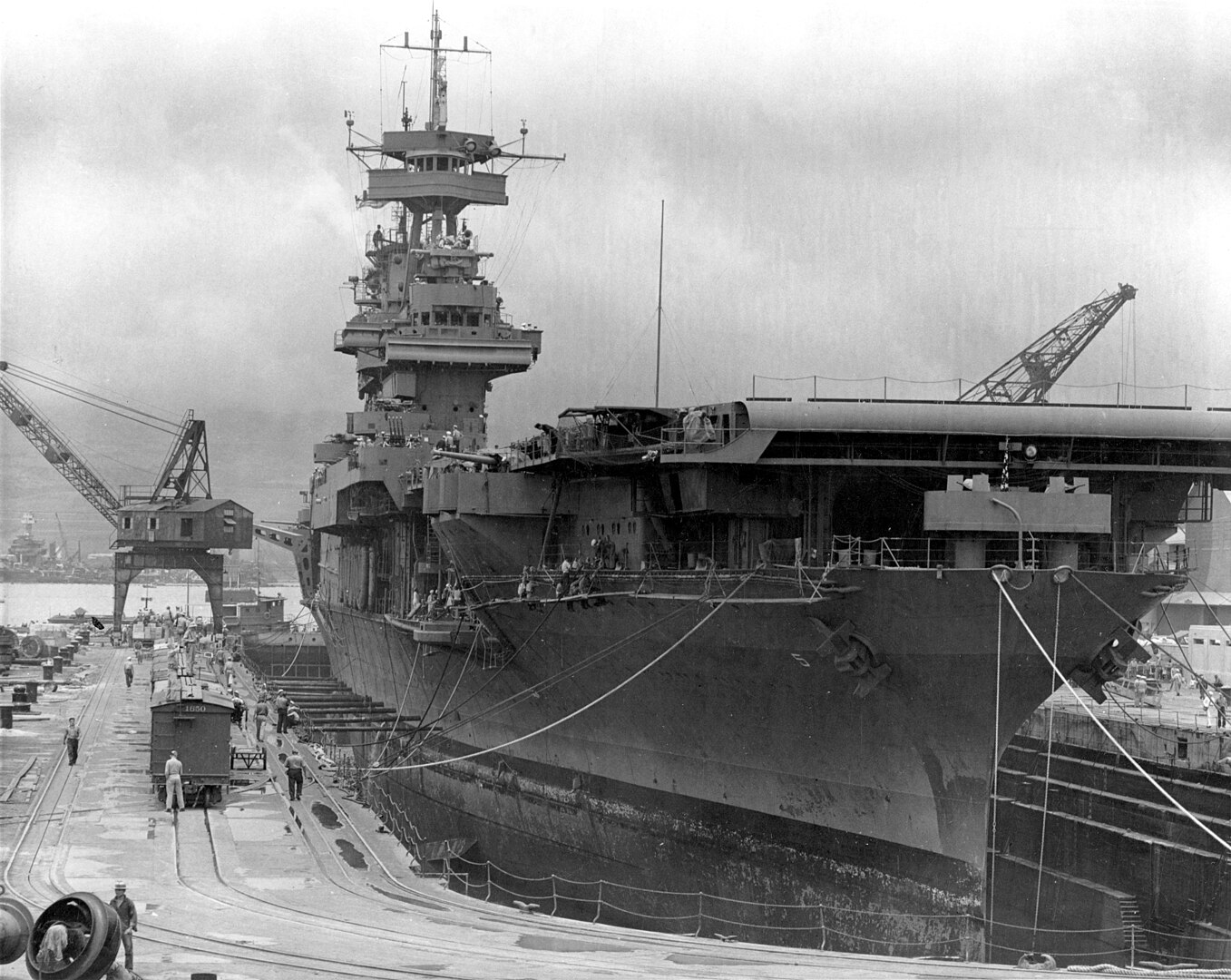 Naval History & Heritage Command, Wikimedia Commons
Naval History & Heritage Command, Wikimedia Commons
The Execution Of Nicolae Ceausescu
On December 25, 1989, Nicolae Ceausescu, Romania's long-time dictator, and his wife were executed following a swift, televised trial. This marked the violent end of Romania's communist regime during the wider Eastern European revolutions of 1989. Ceausescu's downfall was a stark reminder of the potential volatility within authoritarian governments and the intense desire for freedom among the oppressed.
The Iranian Revolution
The 1979 Iranian Revolution marked the dramatic fall of the Shah, paving the way for Ayatollah Khomeini's Islamic theocracy. This monumental shift redefined Iran's role in the Middle East and reshaped global politics—particularly the relationship between the West and the Islamic world. It laid the groundwork for decades of geopolitical tension, a story that continues to unfold.
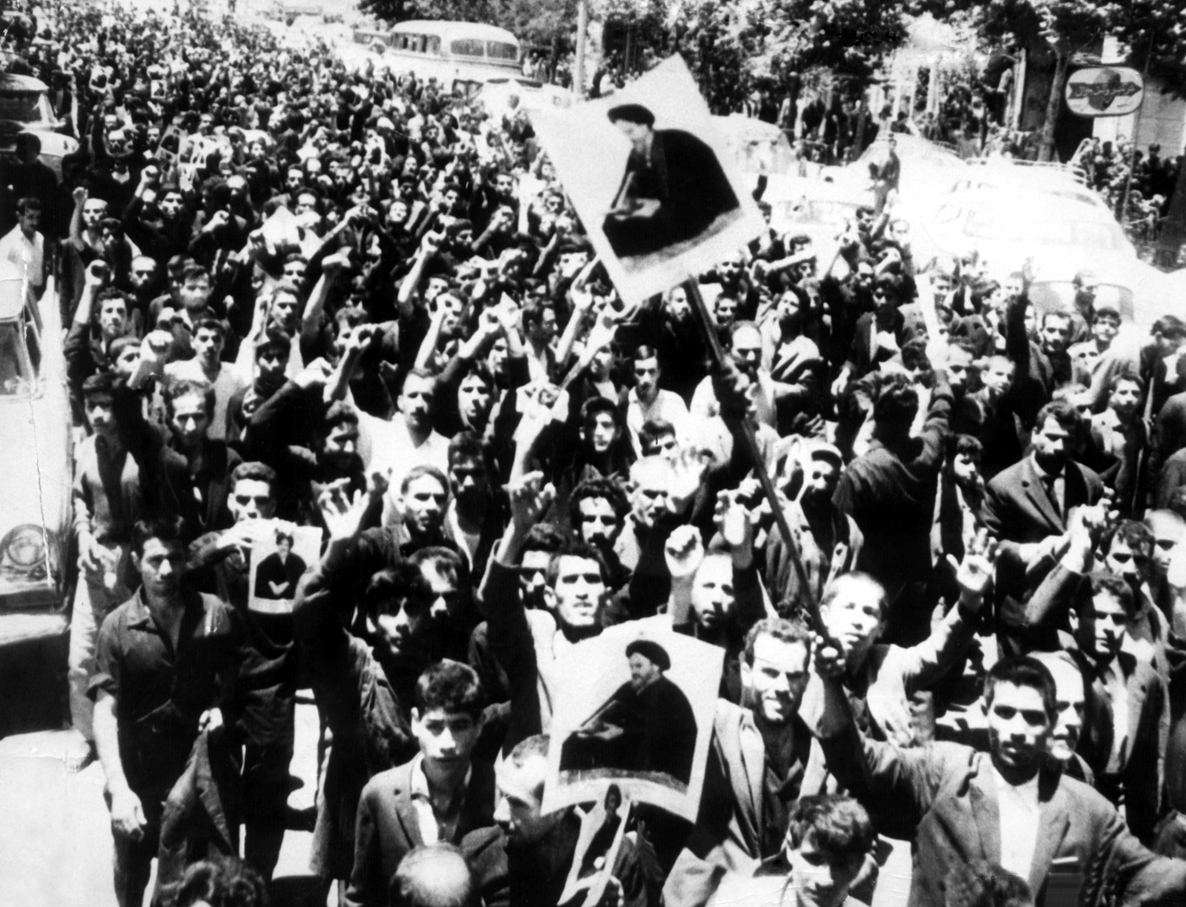 Unknown Artist, Wikimedia Commons
Unknown Artist, Wikimedia Commons
Yuri Gagarin’s First Spaceflight
Yuri Gagarin’s historic flight on April 12, 1961 made him the first human to orbit Earth on Vostok 1, marking a major Soviet achievement in the space race. This monumental event highlighted the USSR's technological advancements during the global power balance. Gagarin’s journey also ignited a new era of space exploration that would captivate the world.
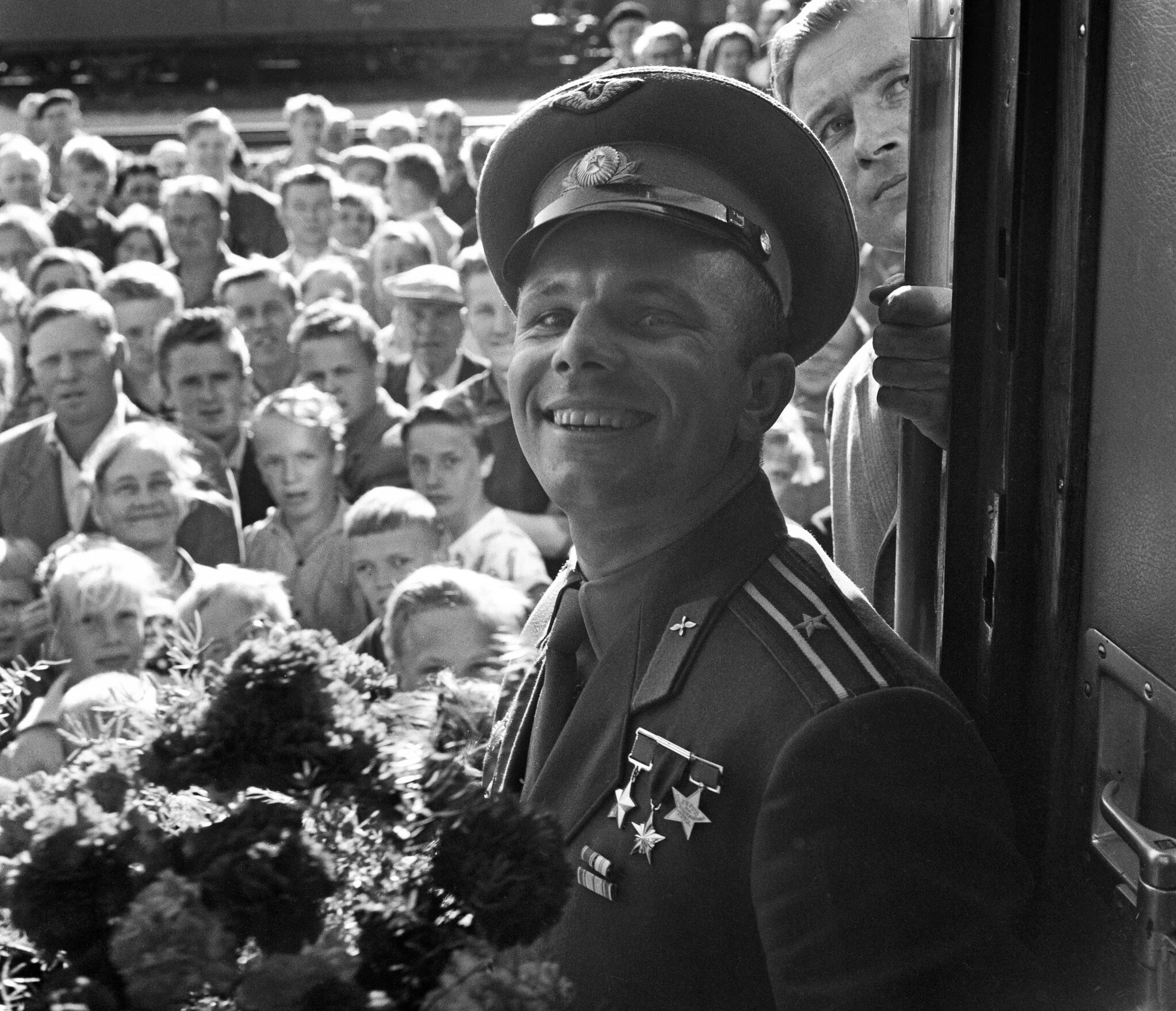 Finnish Heritage Agency, CC BY 4.0, Wikimedia Commons
Finnish Heritage Agency, CC BY 4.0, Wikimedia Commons
The Hindenburg Disaster
On May 6, 1937, the iconic LZ 129 Hindenburg airship met its fiery end while docking in Lakehurst, New Jersey. Caught on film, this devastating blaze marked the abrupt downfall of the airship era. It's a stark reminder that even our loftiest technological dreams can have all-too-human vulnerabilities.
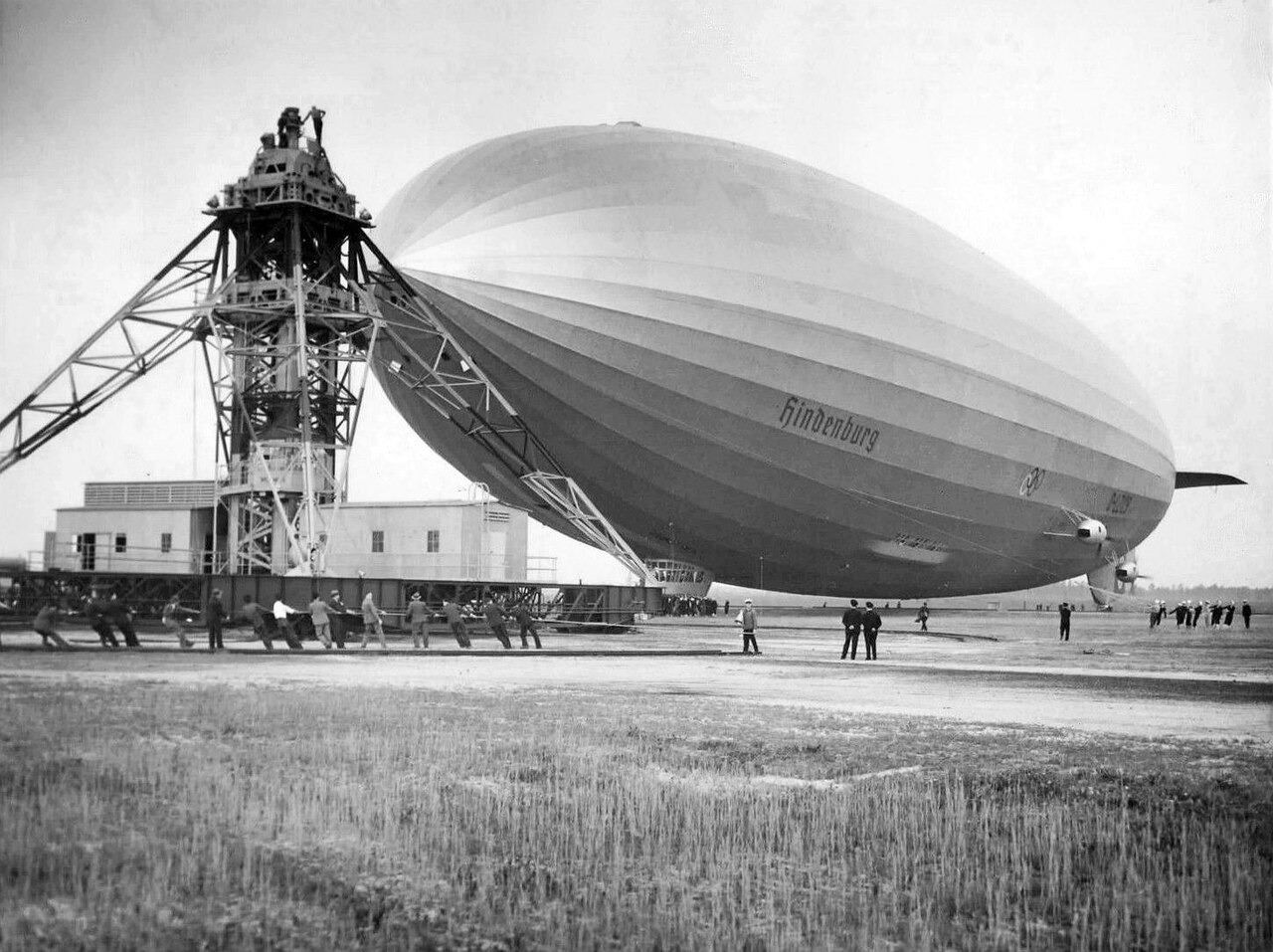 Wide World Photos, Wikimedia Commons
Wide World Photos, Wikimedia Commons
The September 11 Attacks
The September 11, 2001 terrorist attacks on the United States resulted in nearly 3,000 people losing their lives and sent shockwaves around the world. The destruction of the World Trade Center and the attack on the Pentagon led to sweeping changes in US and global security policies. This tragic day fundamentally altered international relations and anti-terrorism strategies around the world.
The Moon Landing: Apollo 11
"One small step for man, one giant leap for mankind". These words echoed around the world on July 20, 1969, as Neil Armstrong became the first human to set foot on the Moon. This monumental achievement not only marked a victory in the space race but also expanded the horizons of human potential and ingenuity, reminding us of all of the wonders beyond our world.
But there’s a forgotten dark side to this achievement. You see, we would have never gotten to the Moon if it weren’t for Wernher Von Braun—a former Nazi scientist. Von Braun was the lead architect of the Saturn Five rocket that launched Neil Armstrong and Buzz Aldrin to the moon. Since the Americans were so determined to beat the Soviets in the space race, they secretly brought him to the US, allowing him to escape any justice for his participation in the brutal regime.

